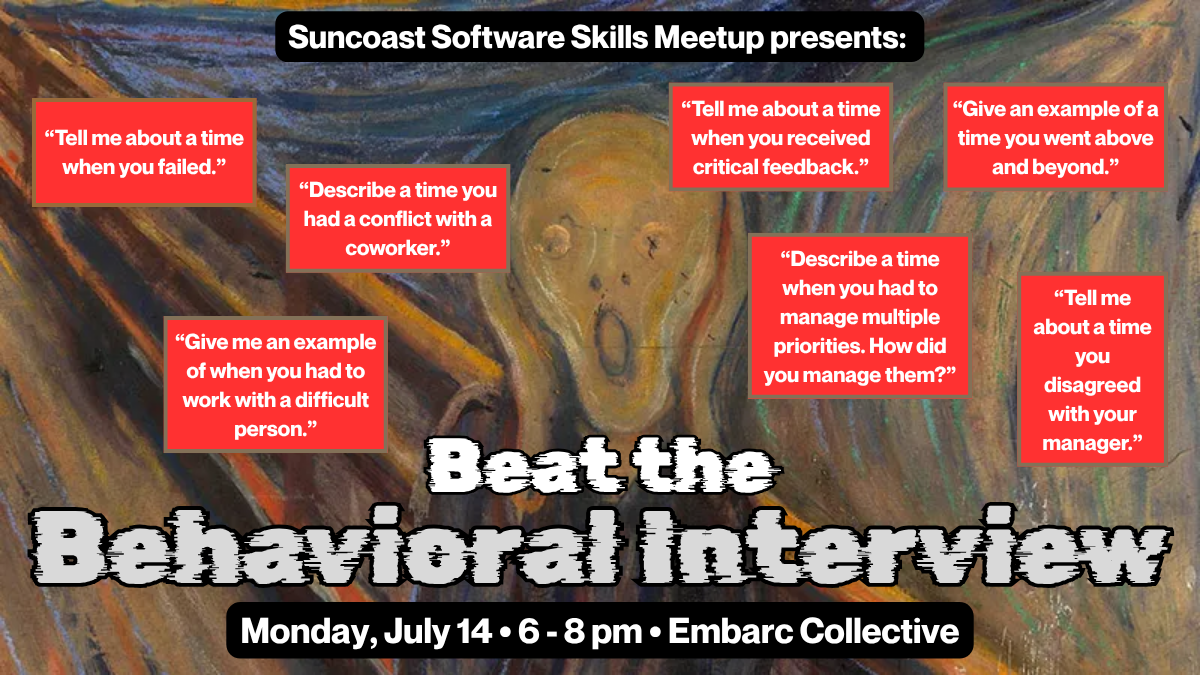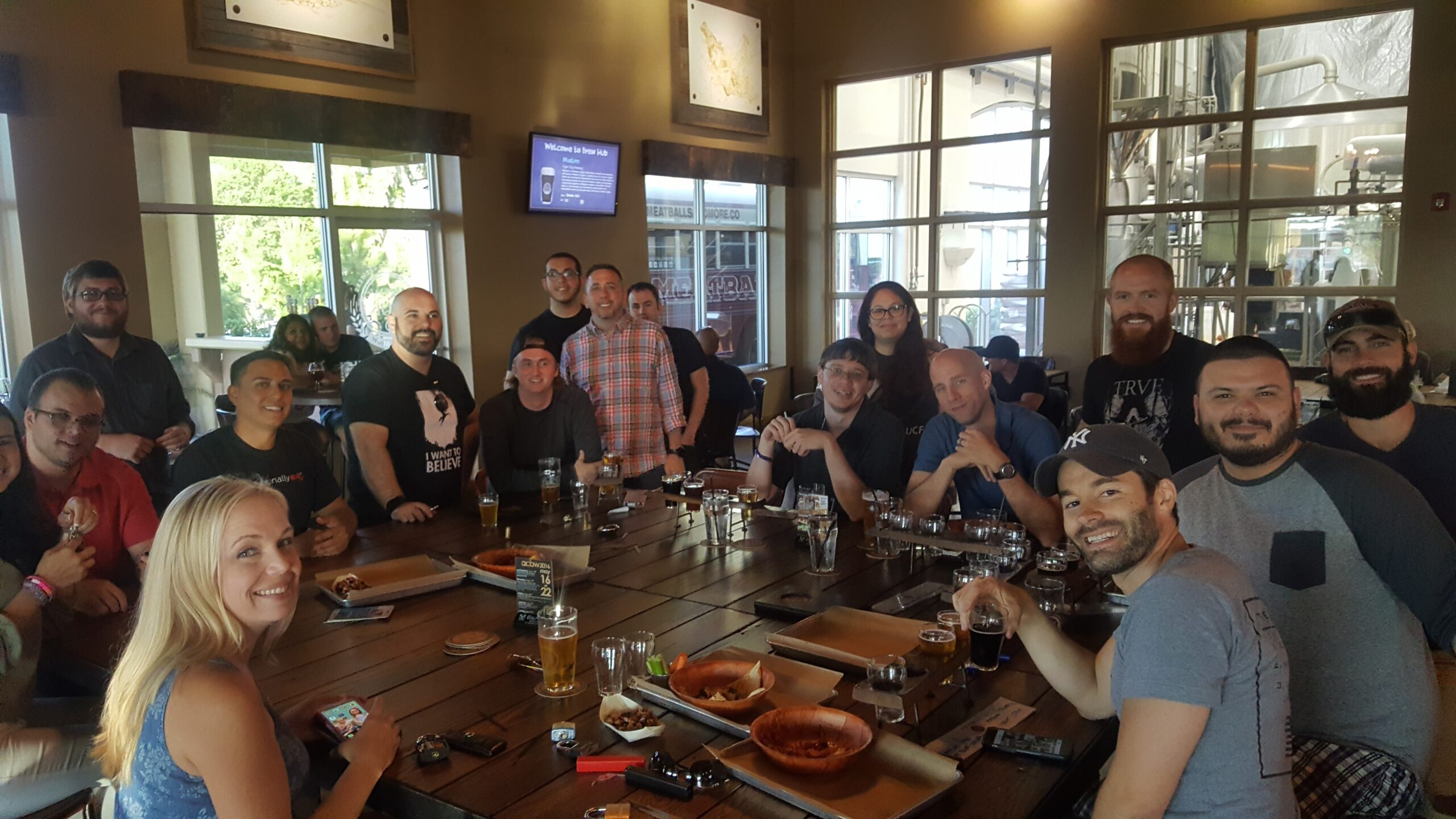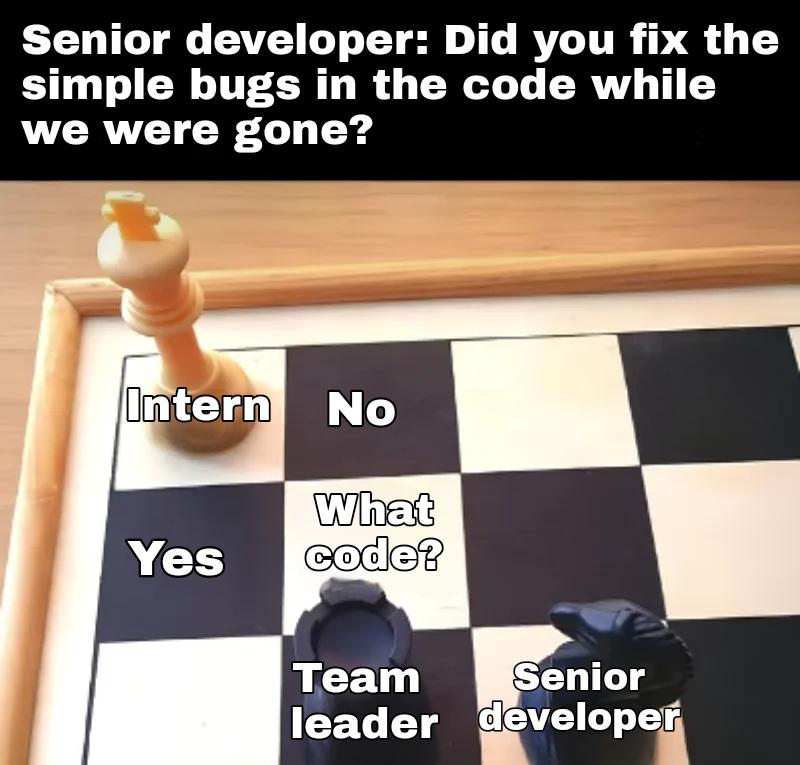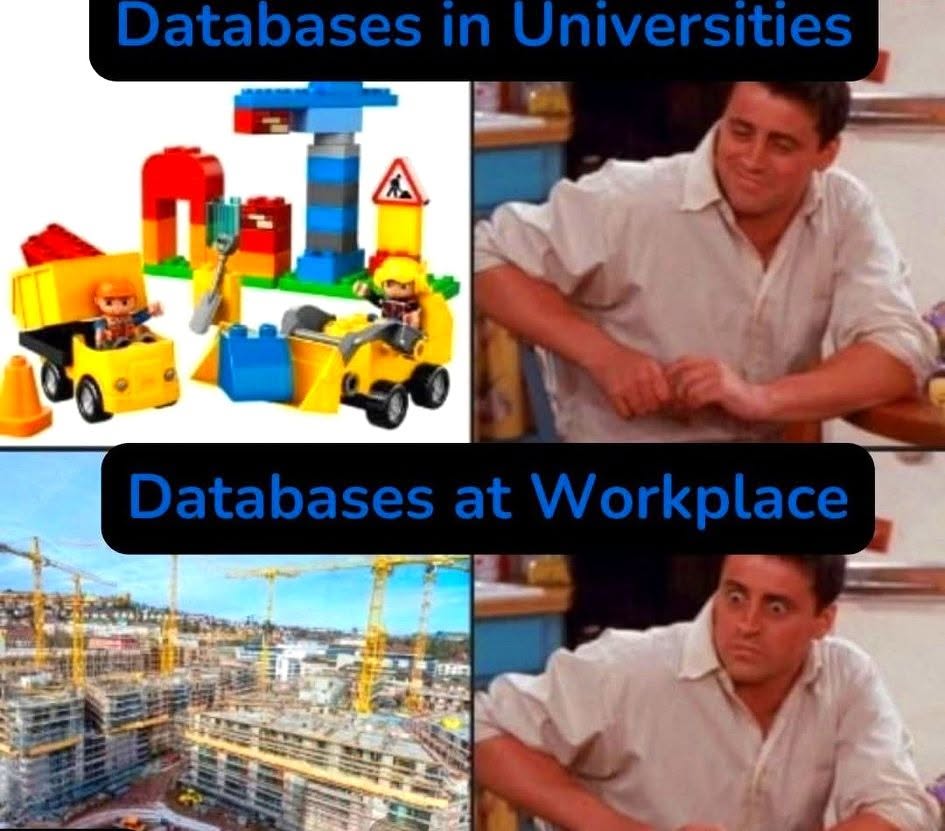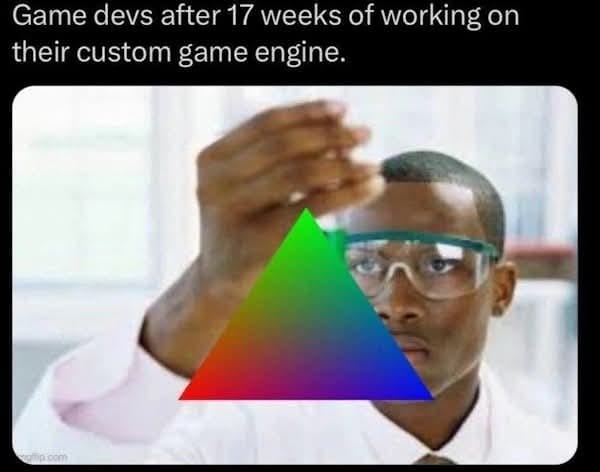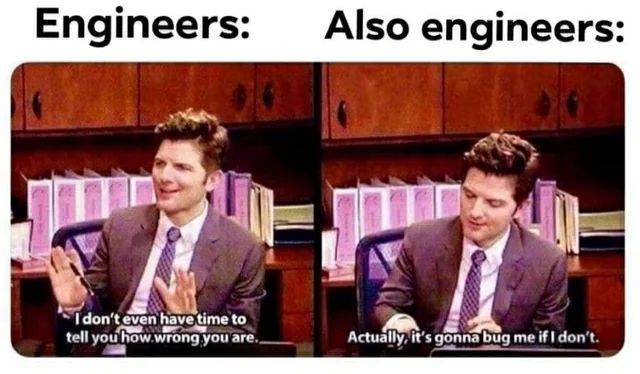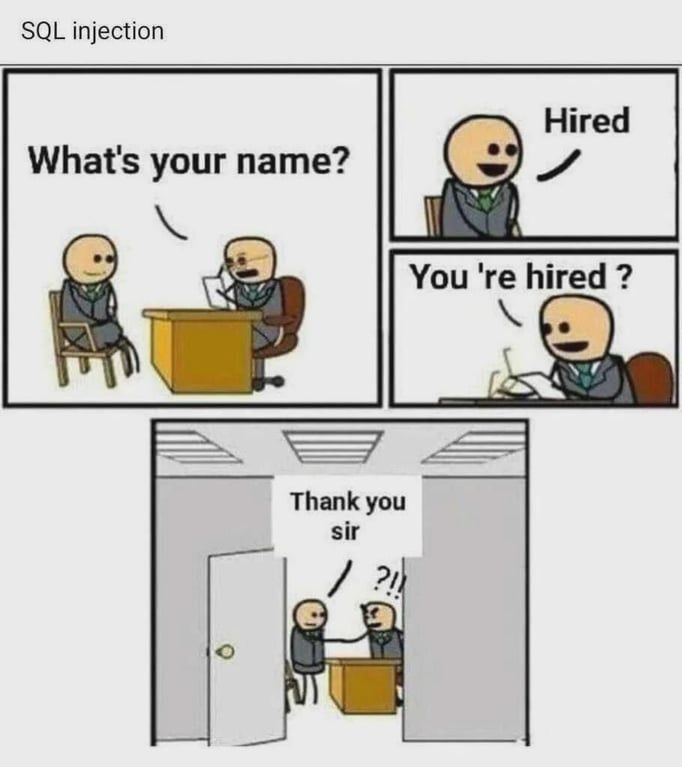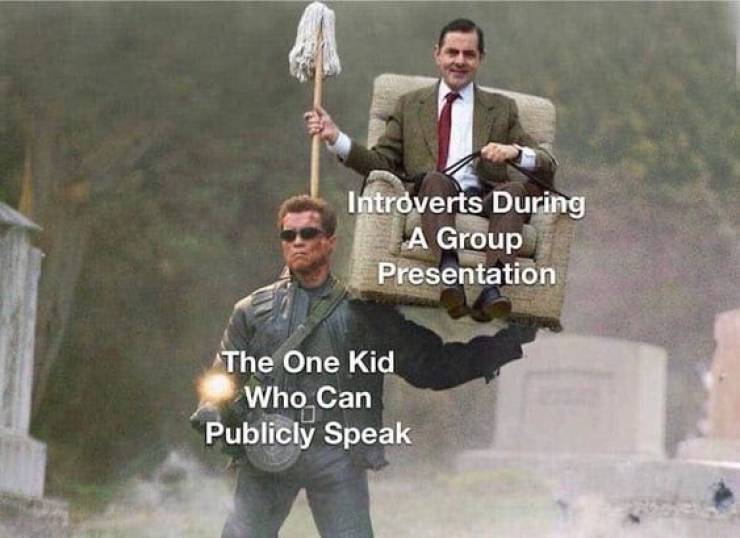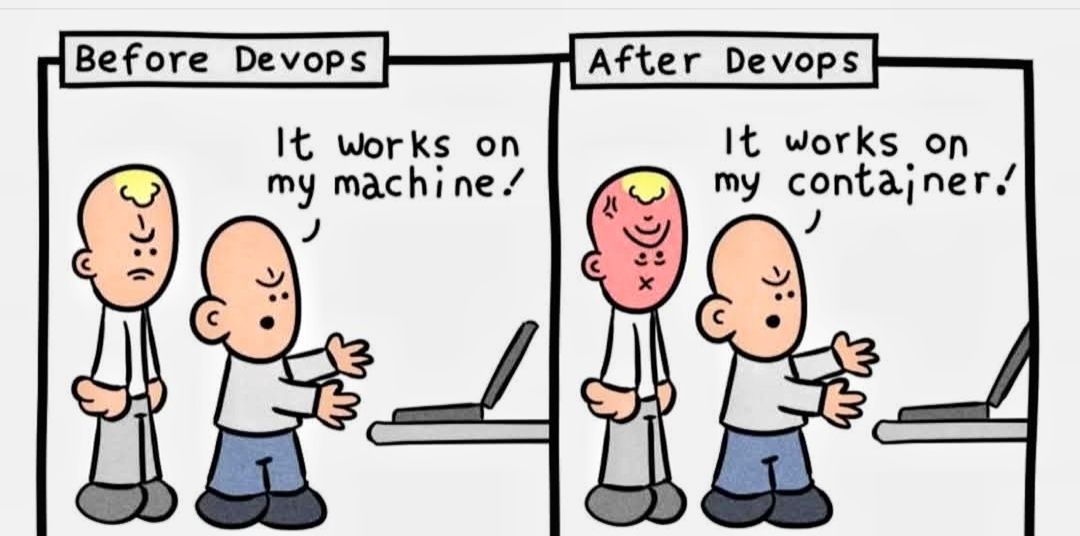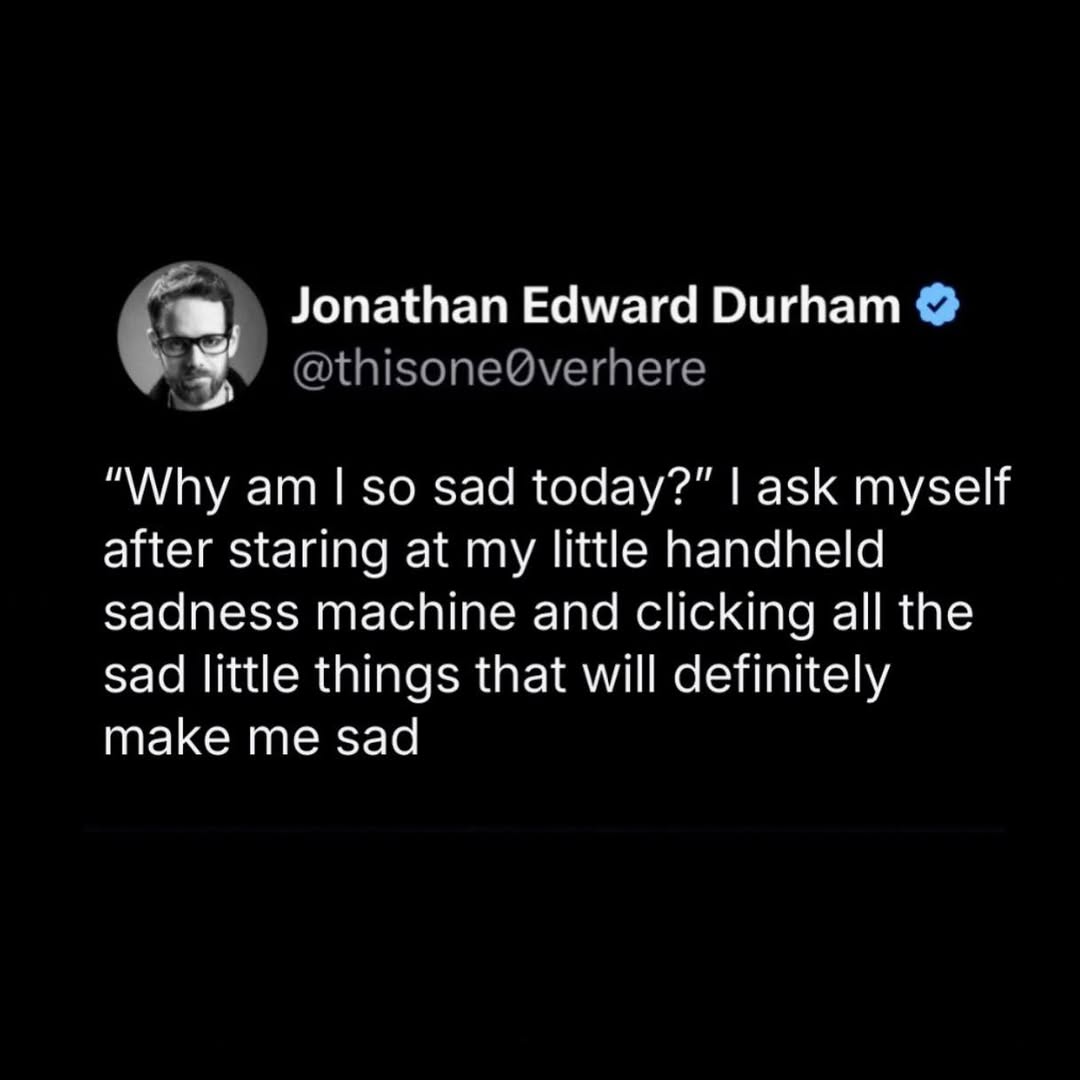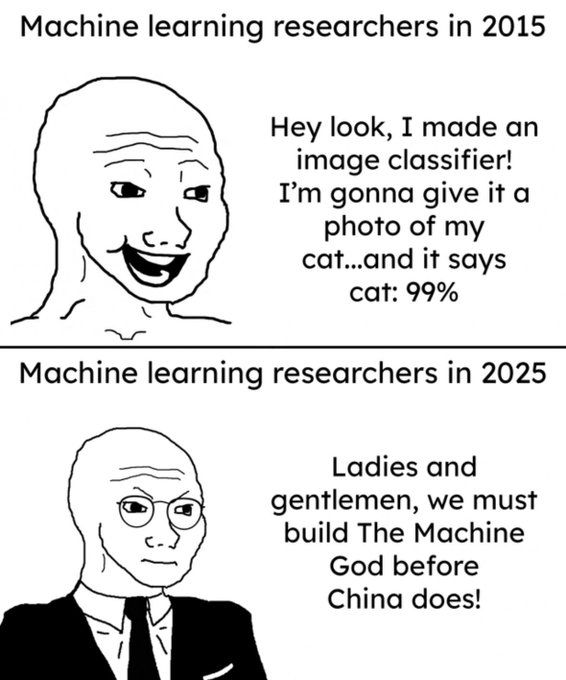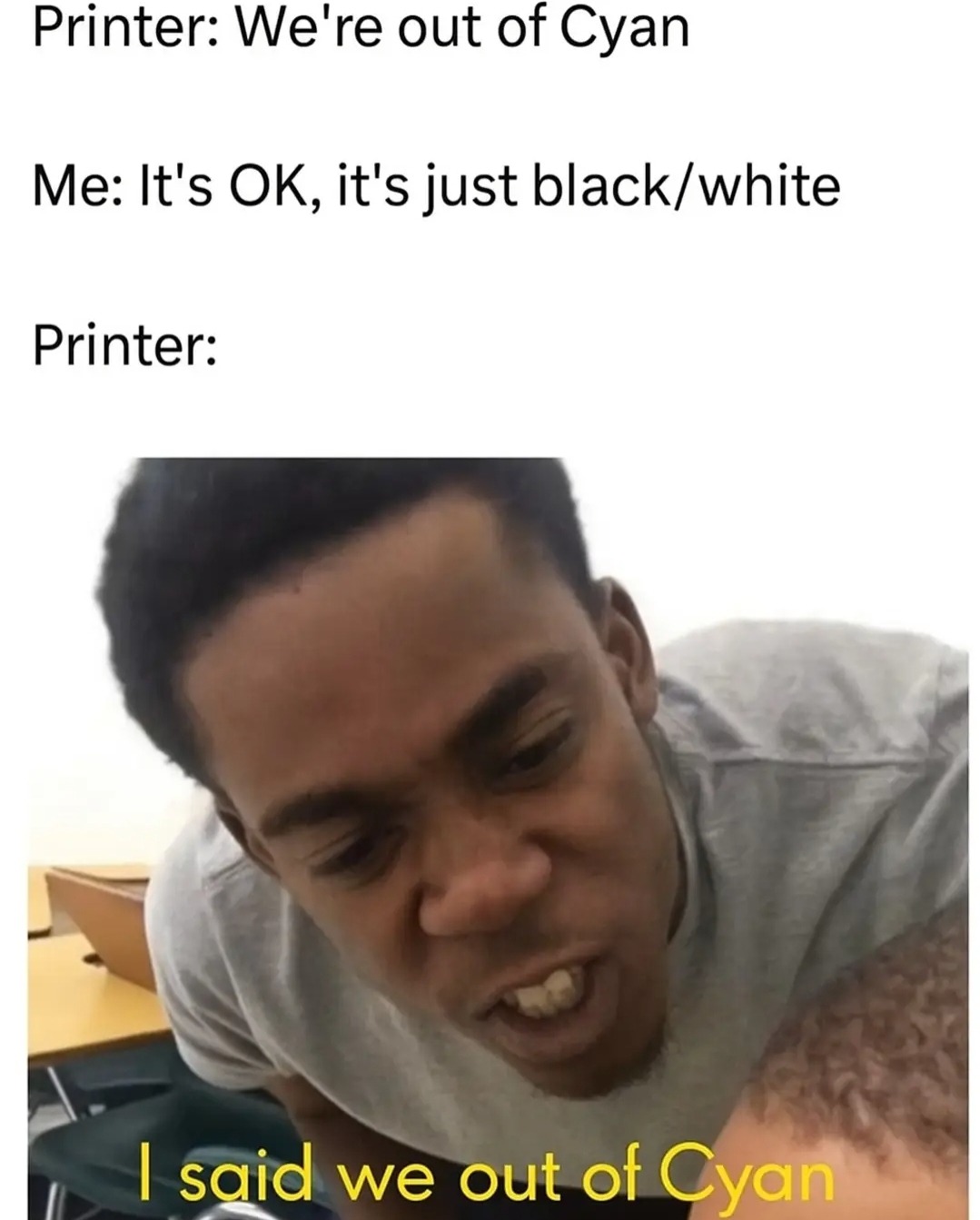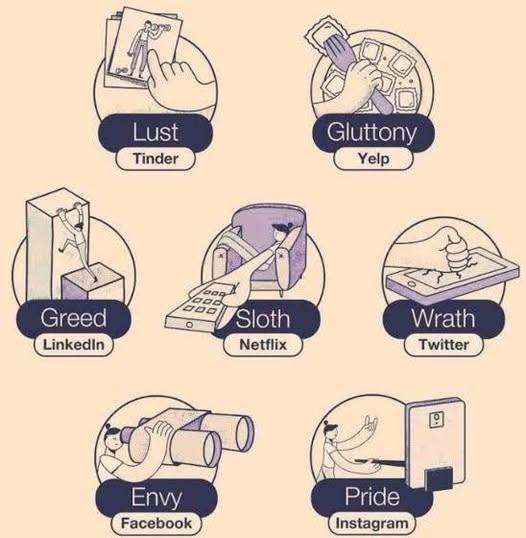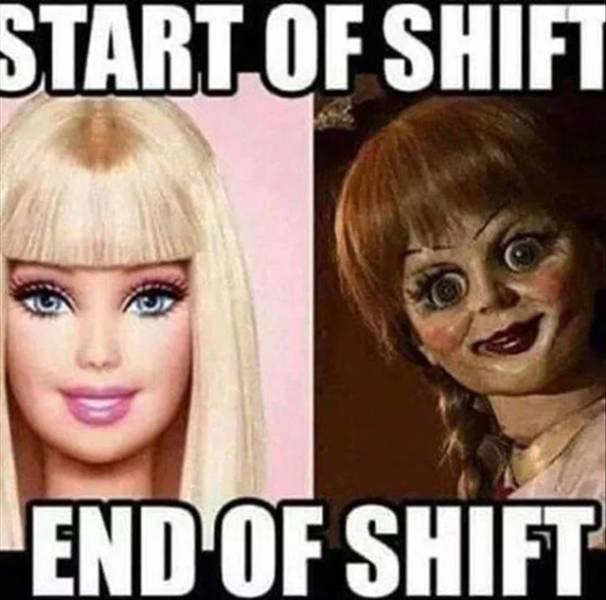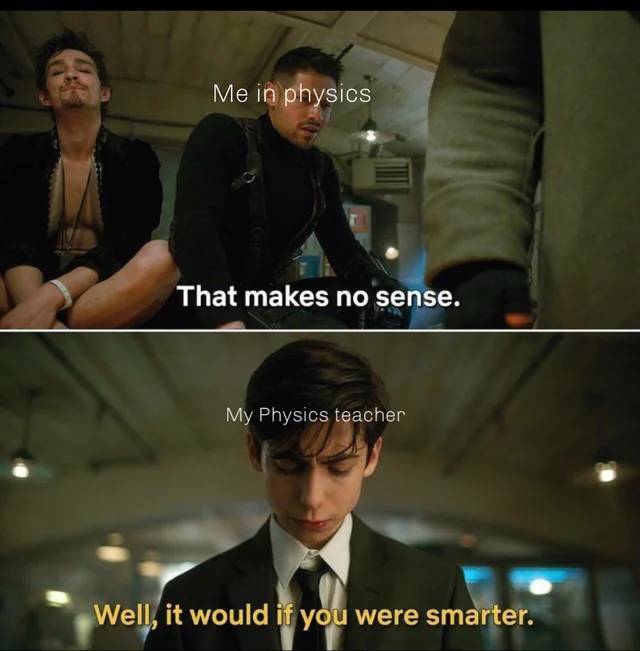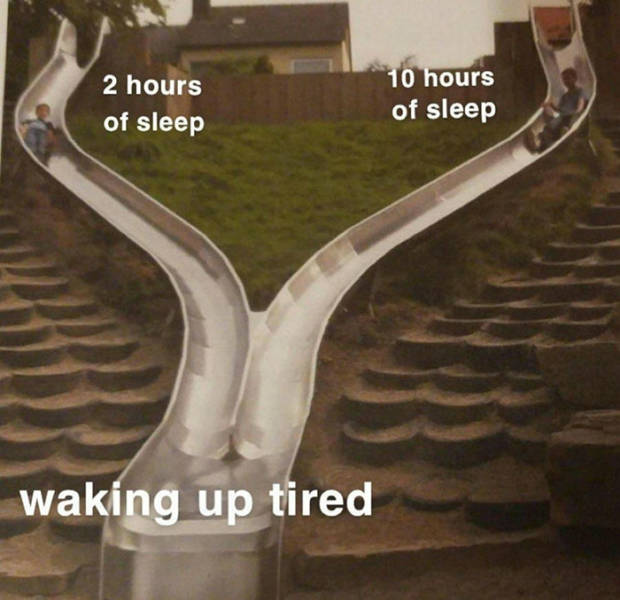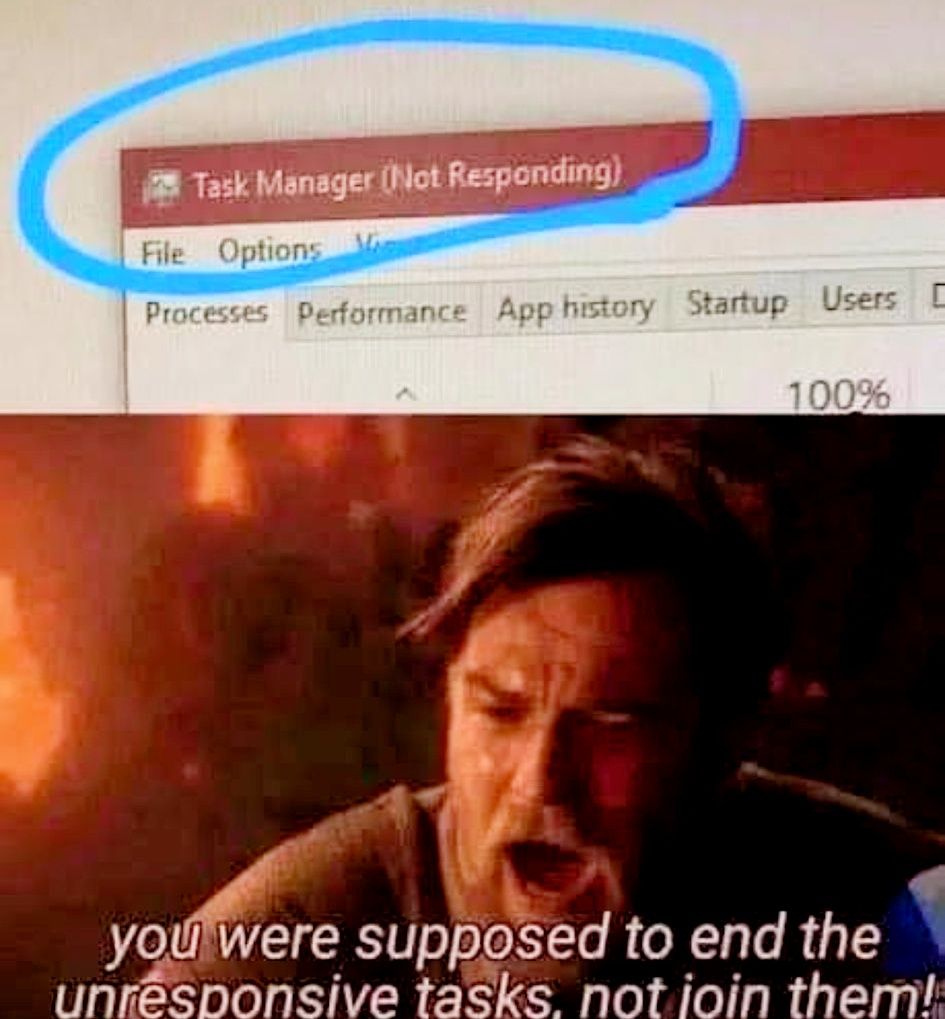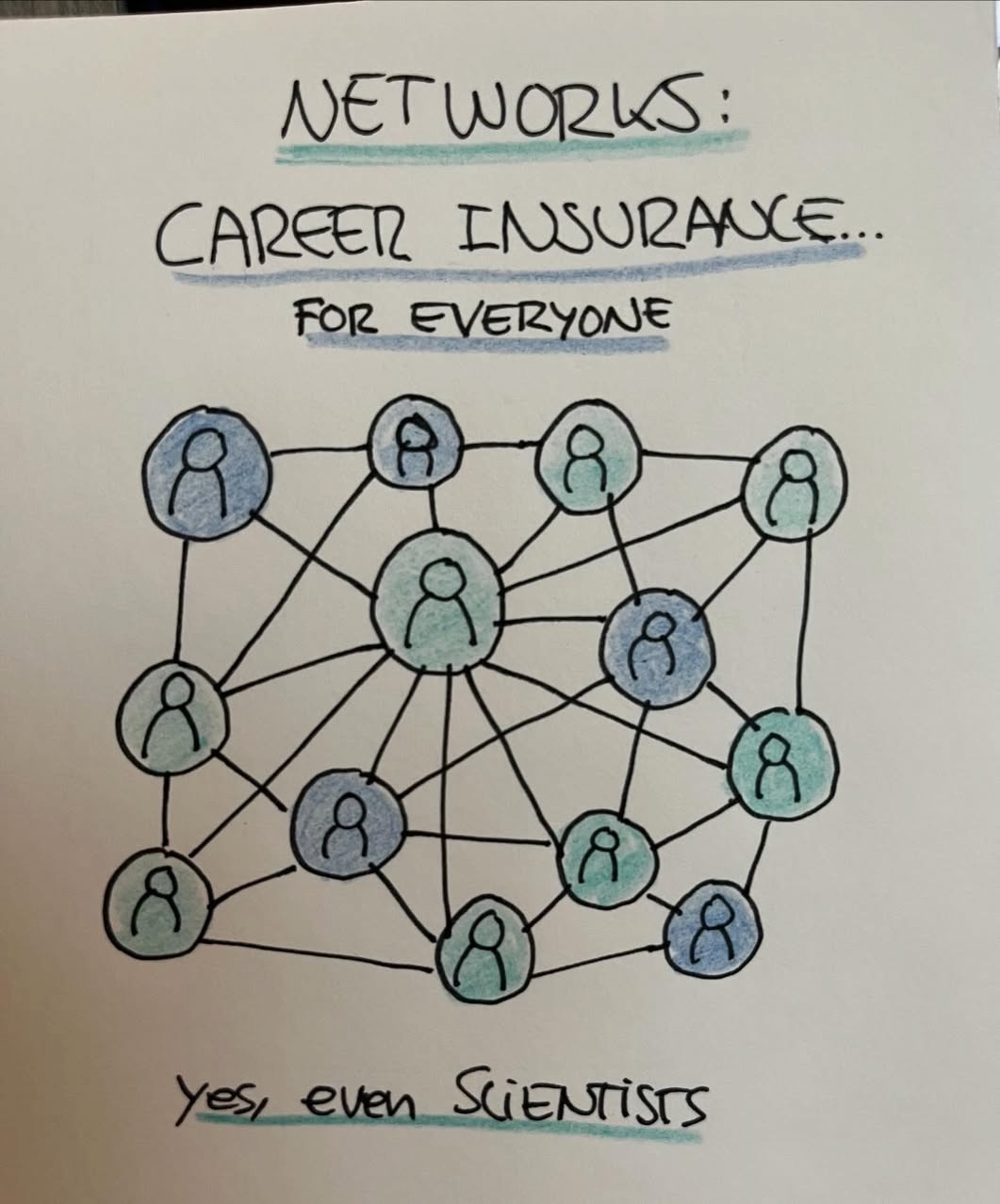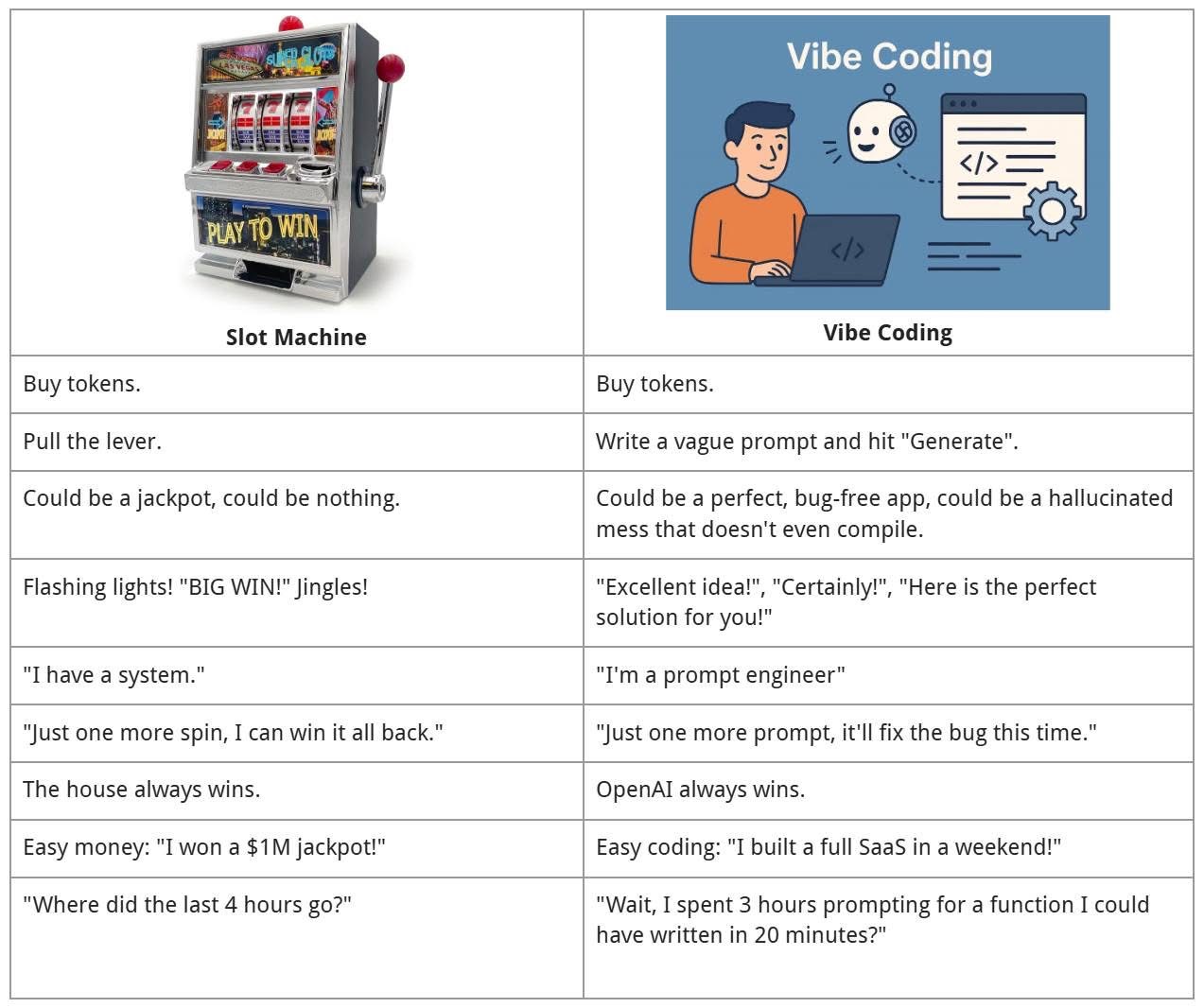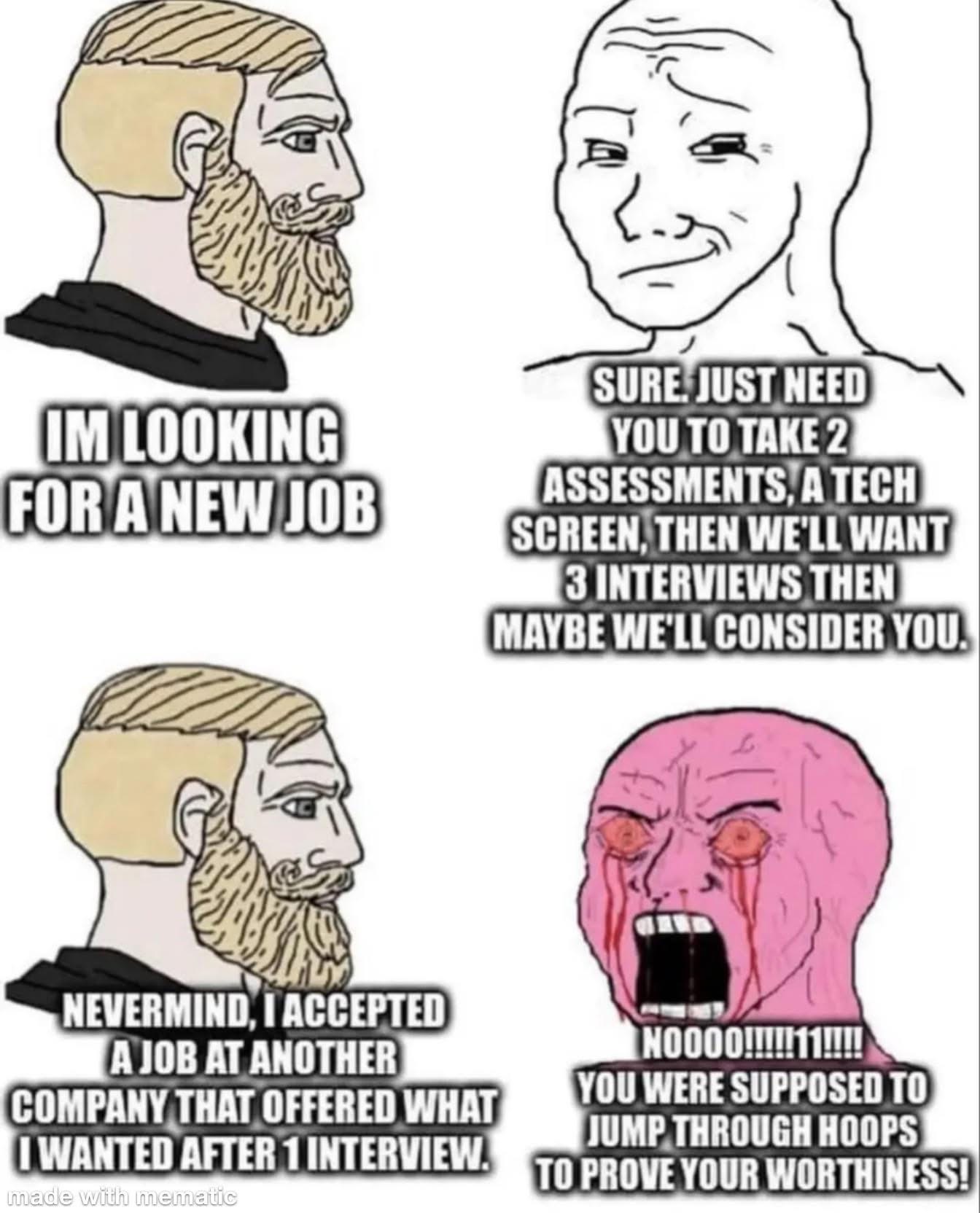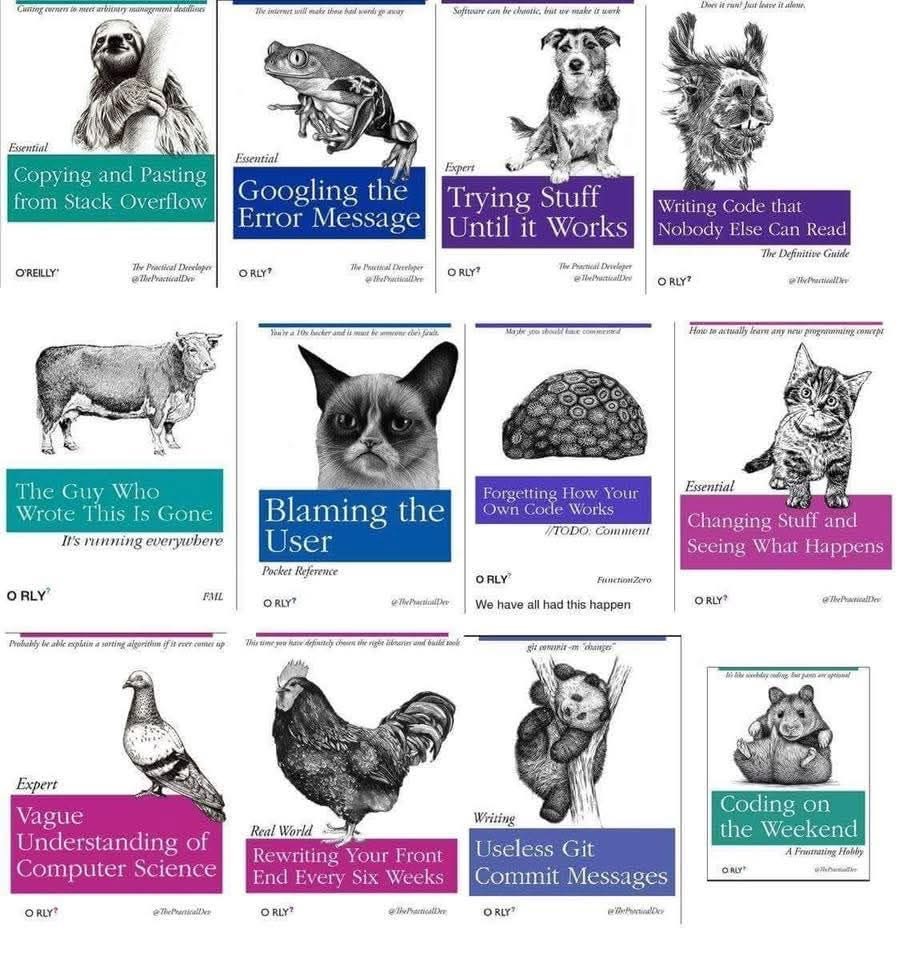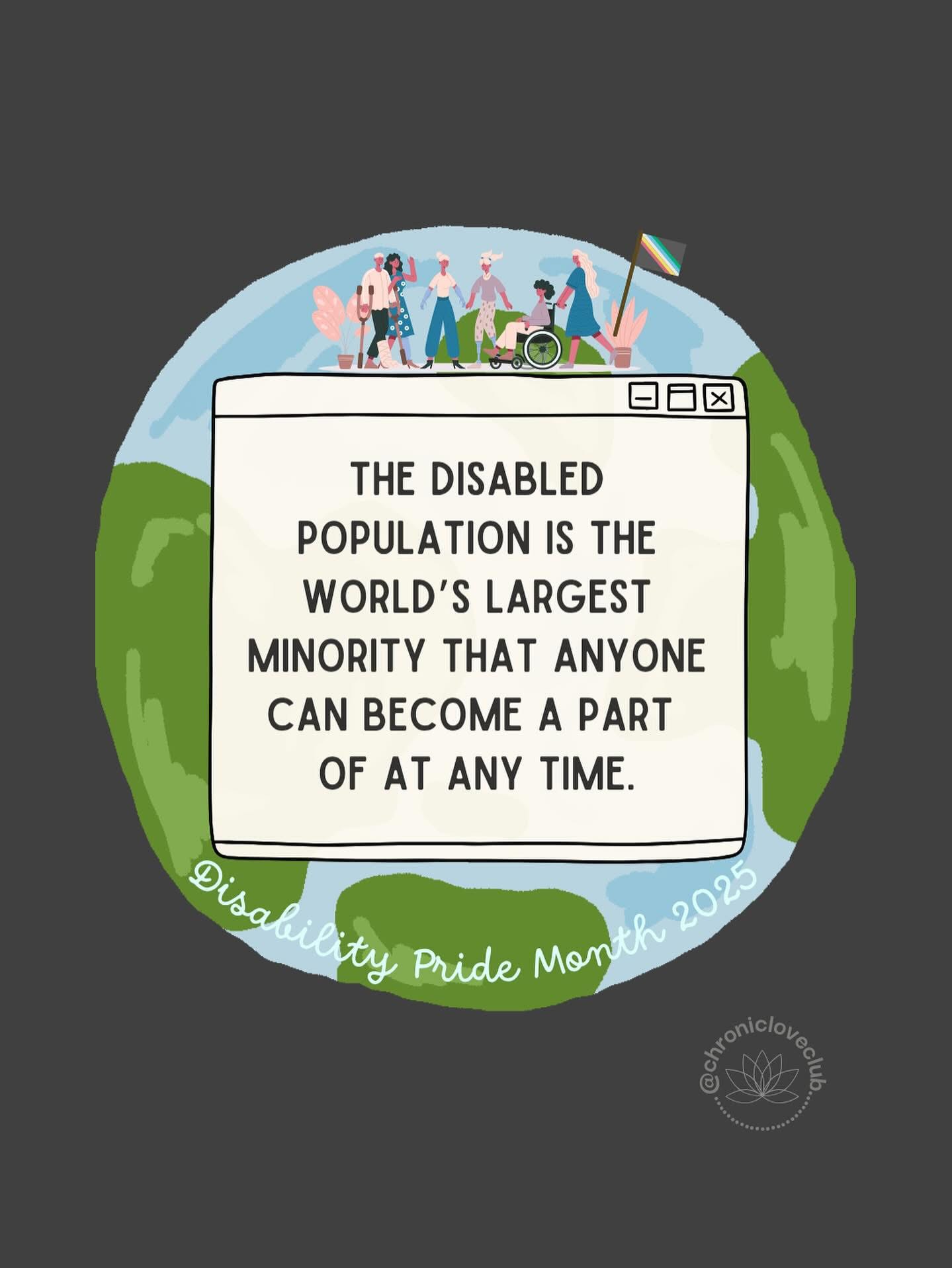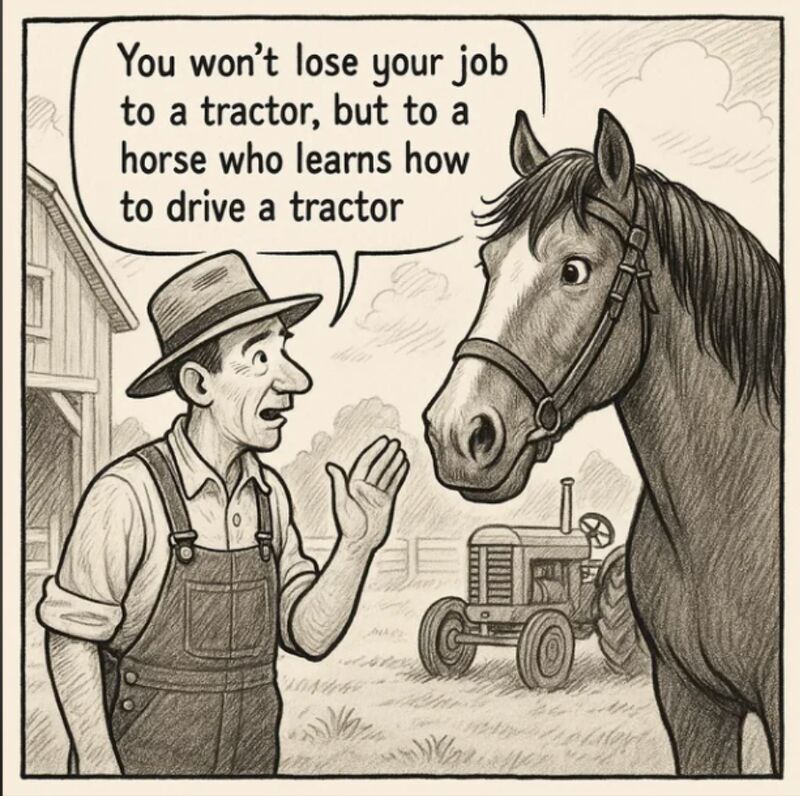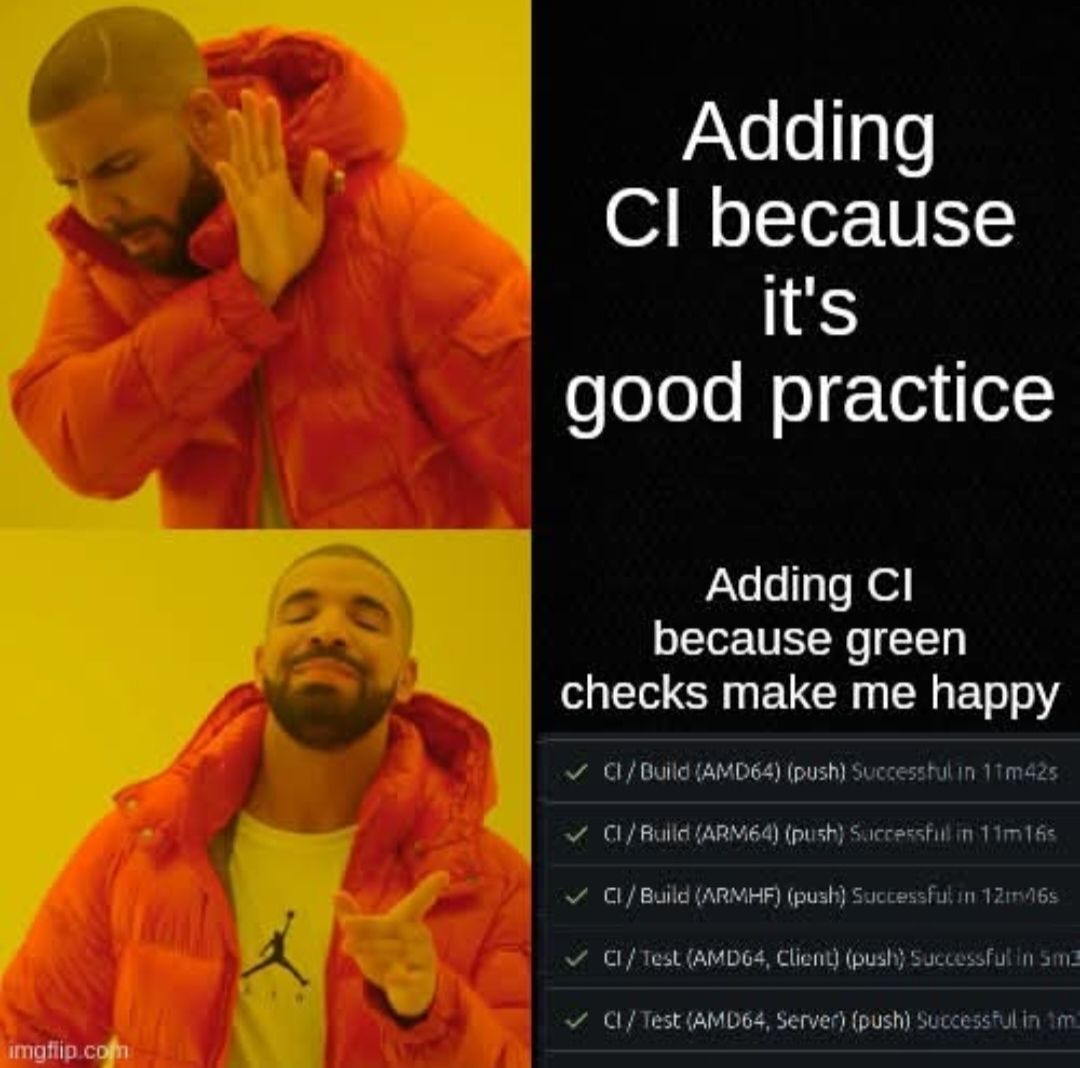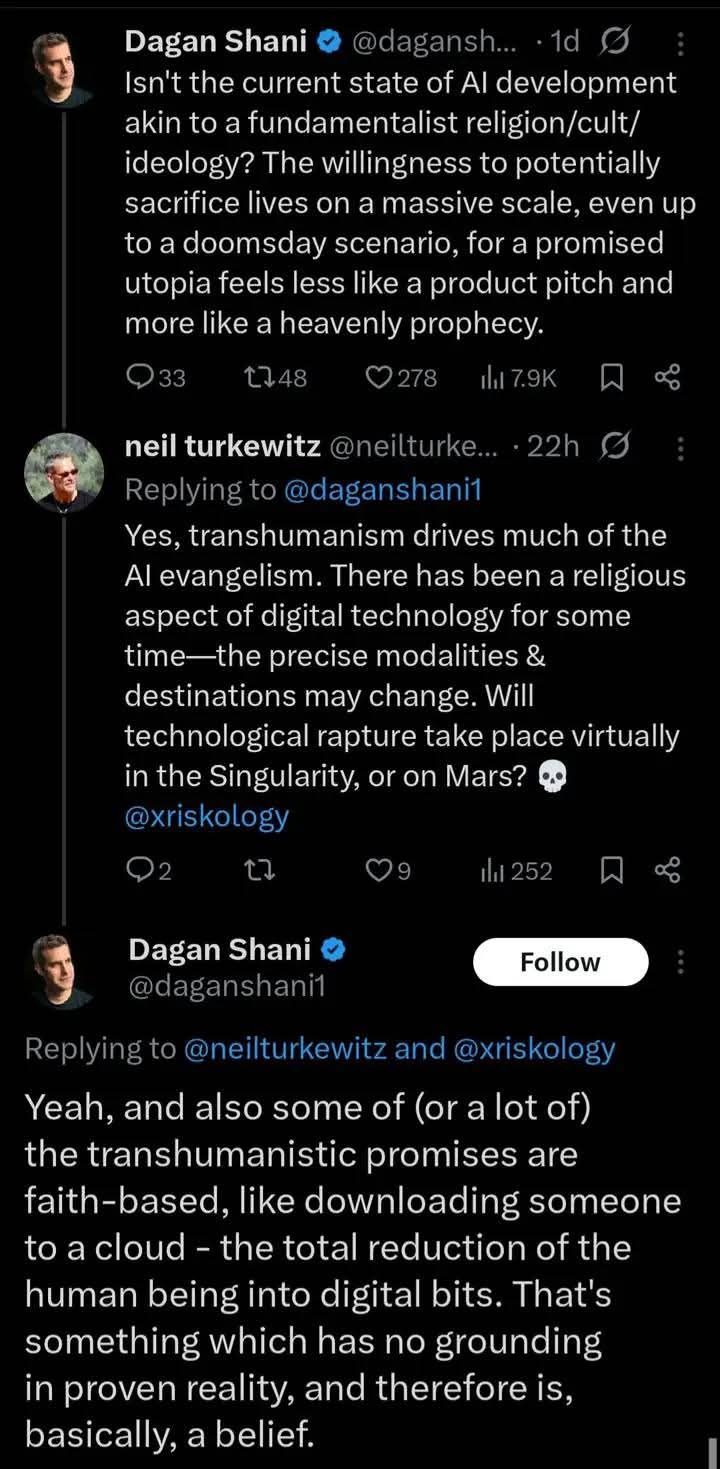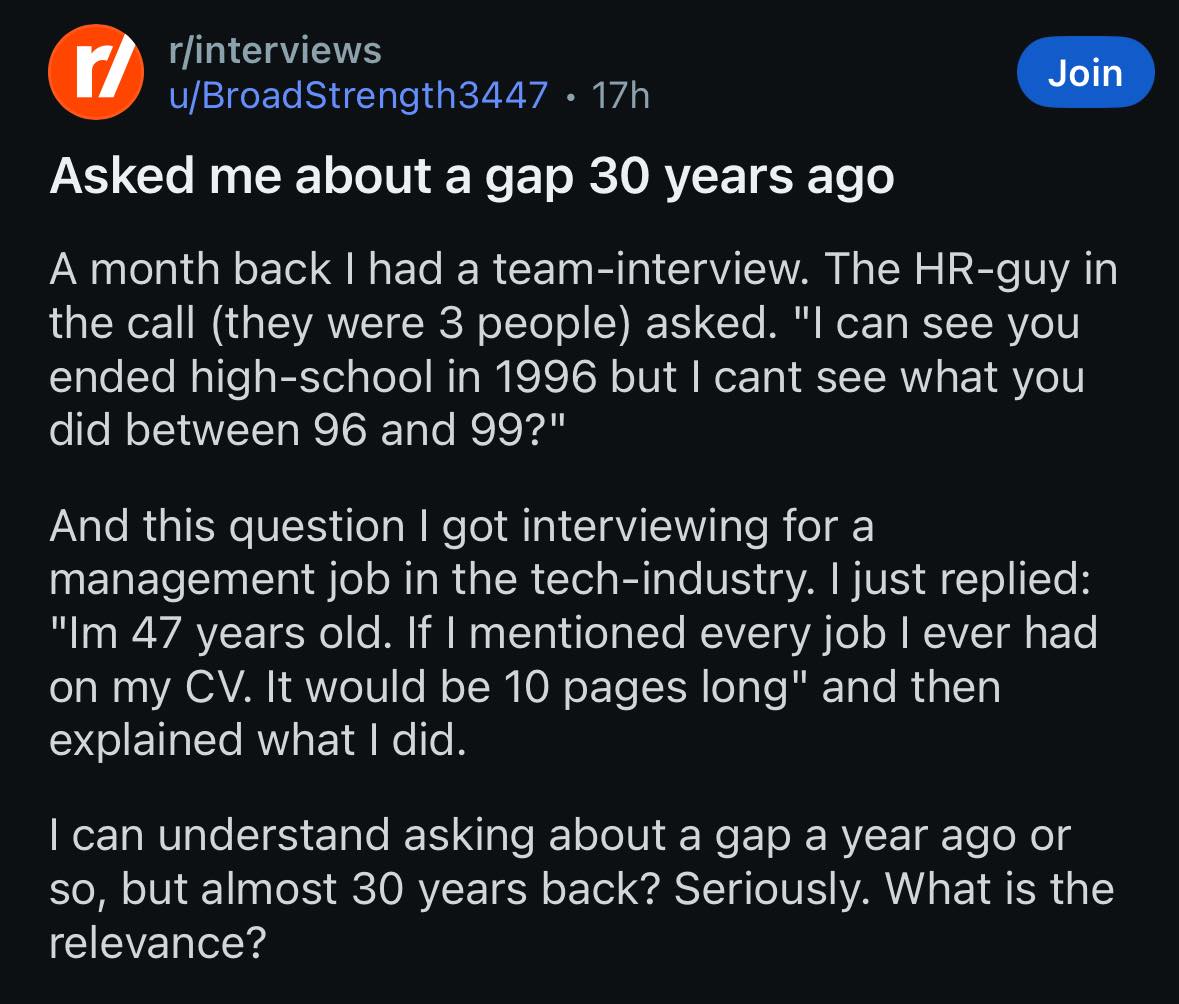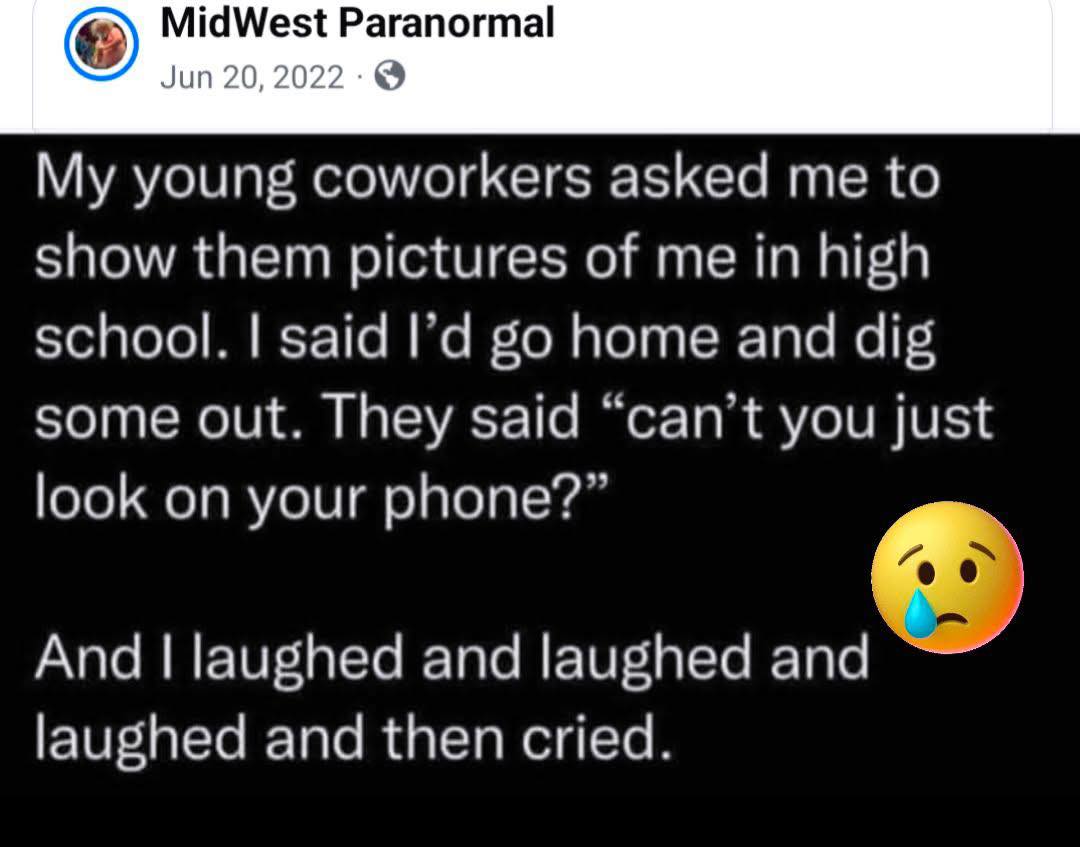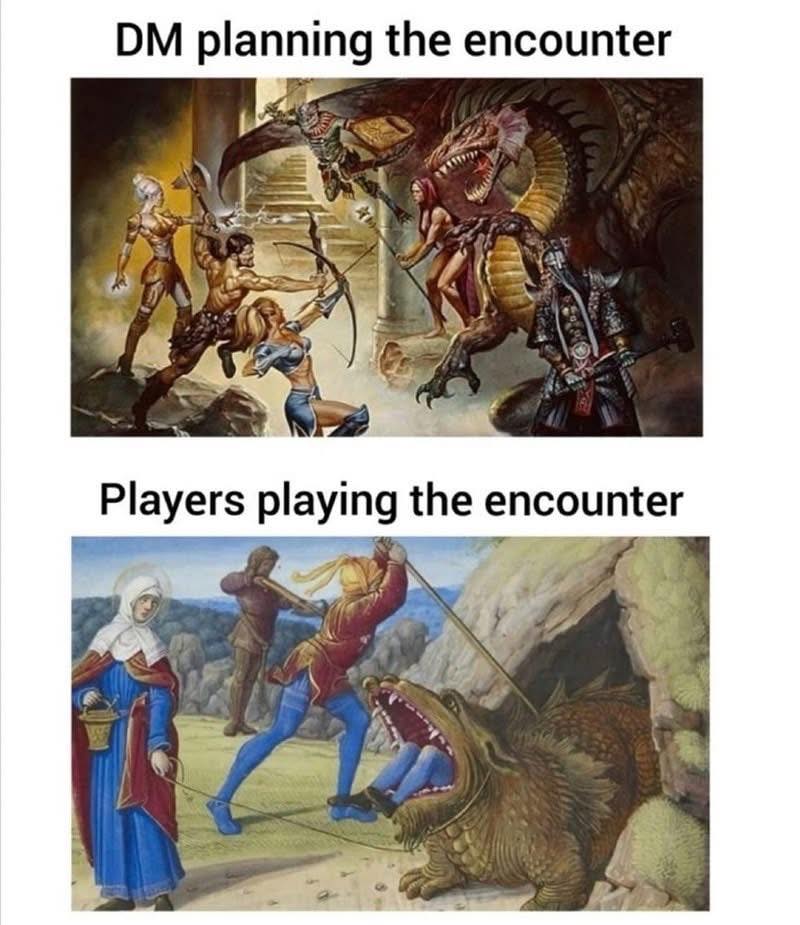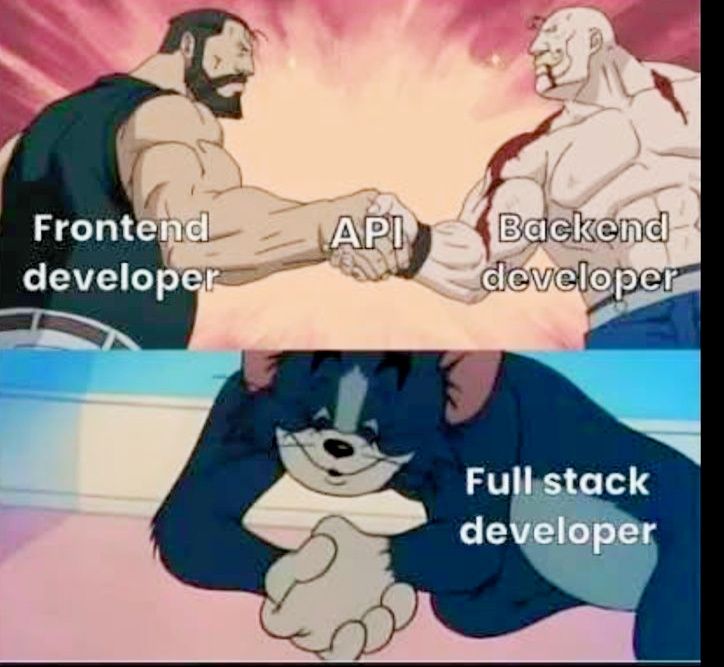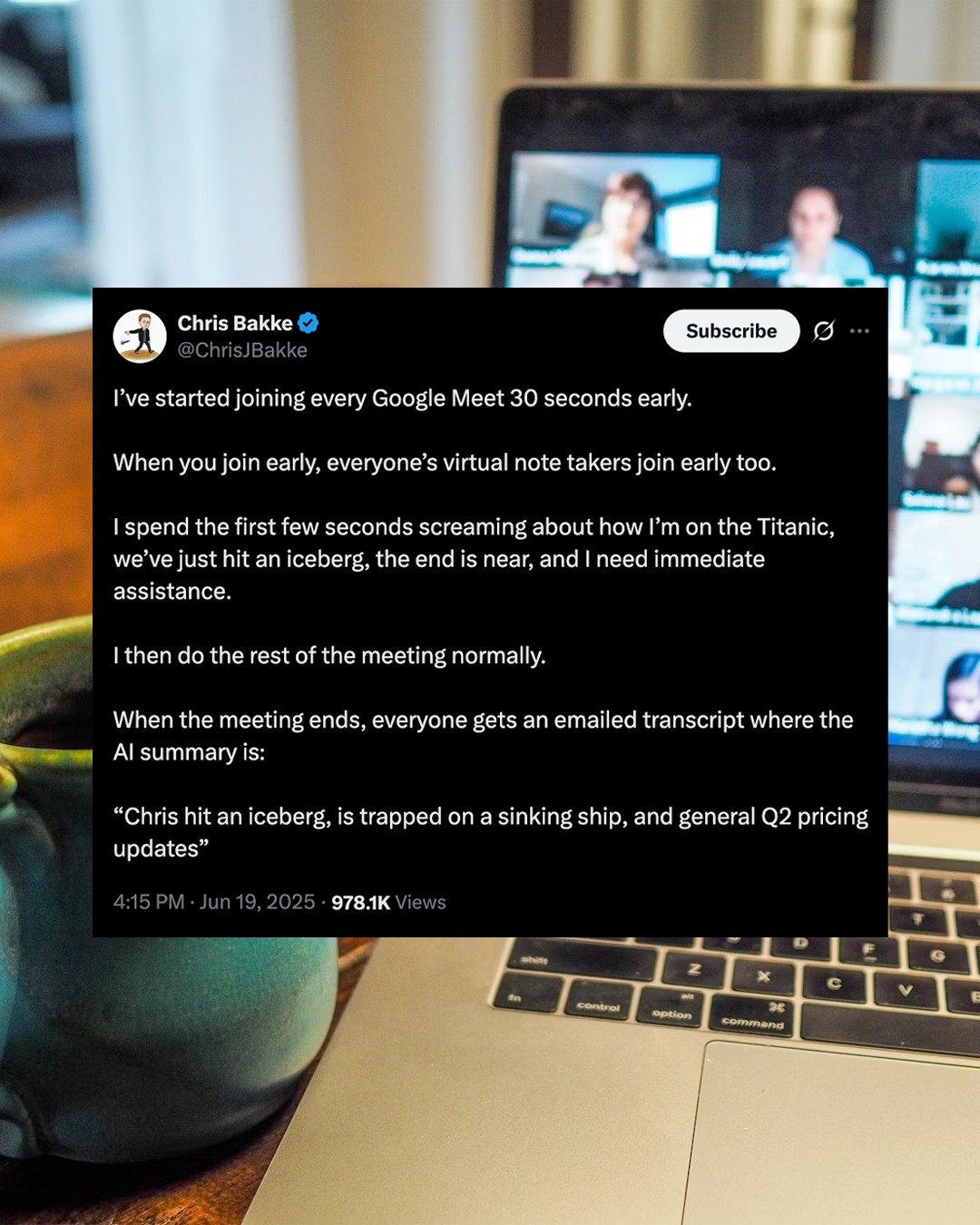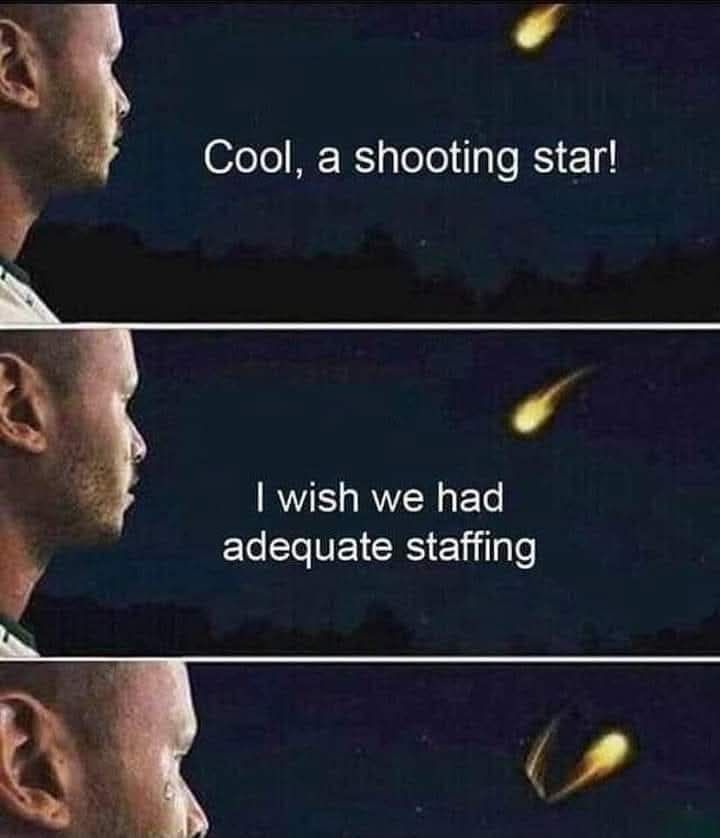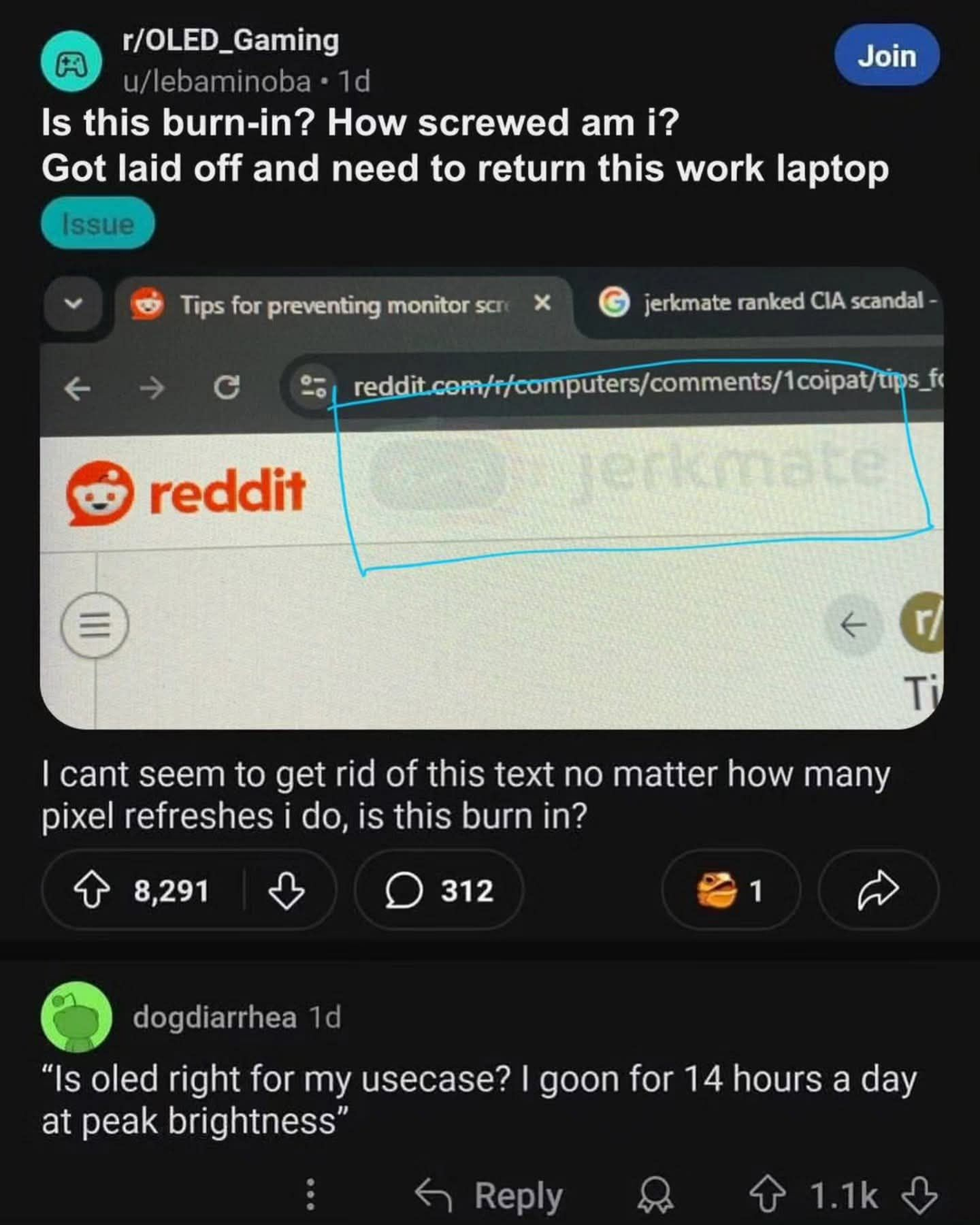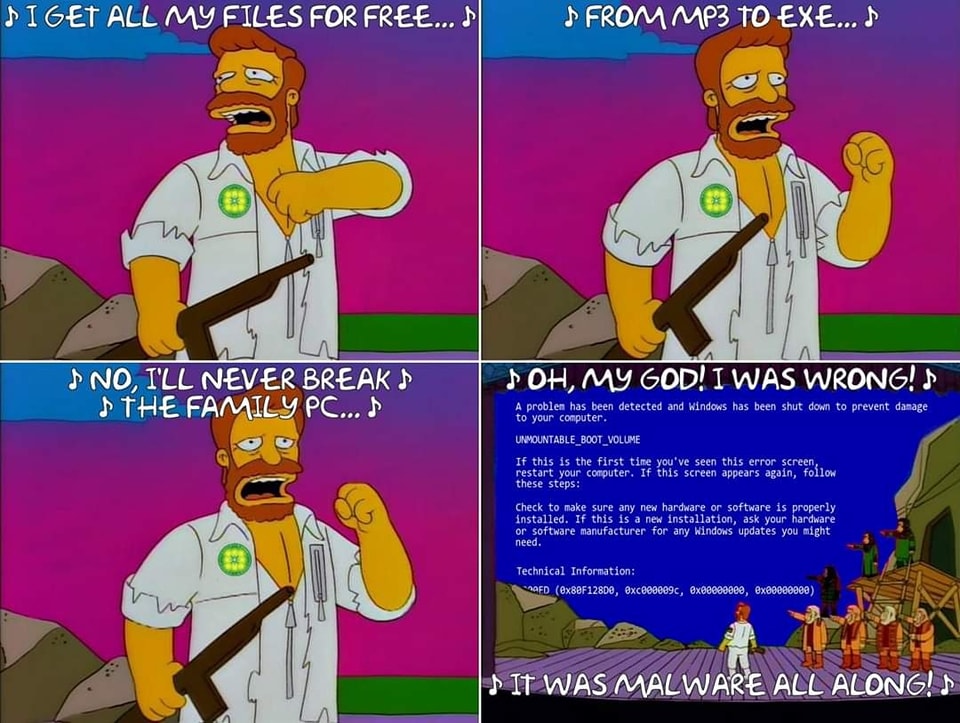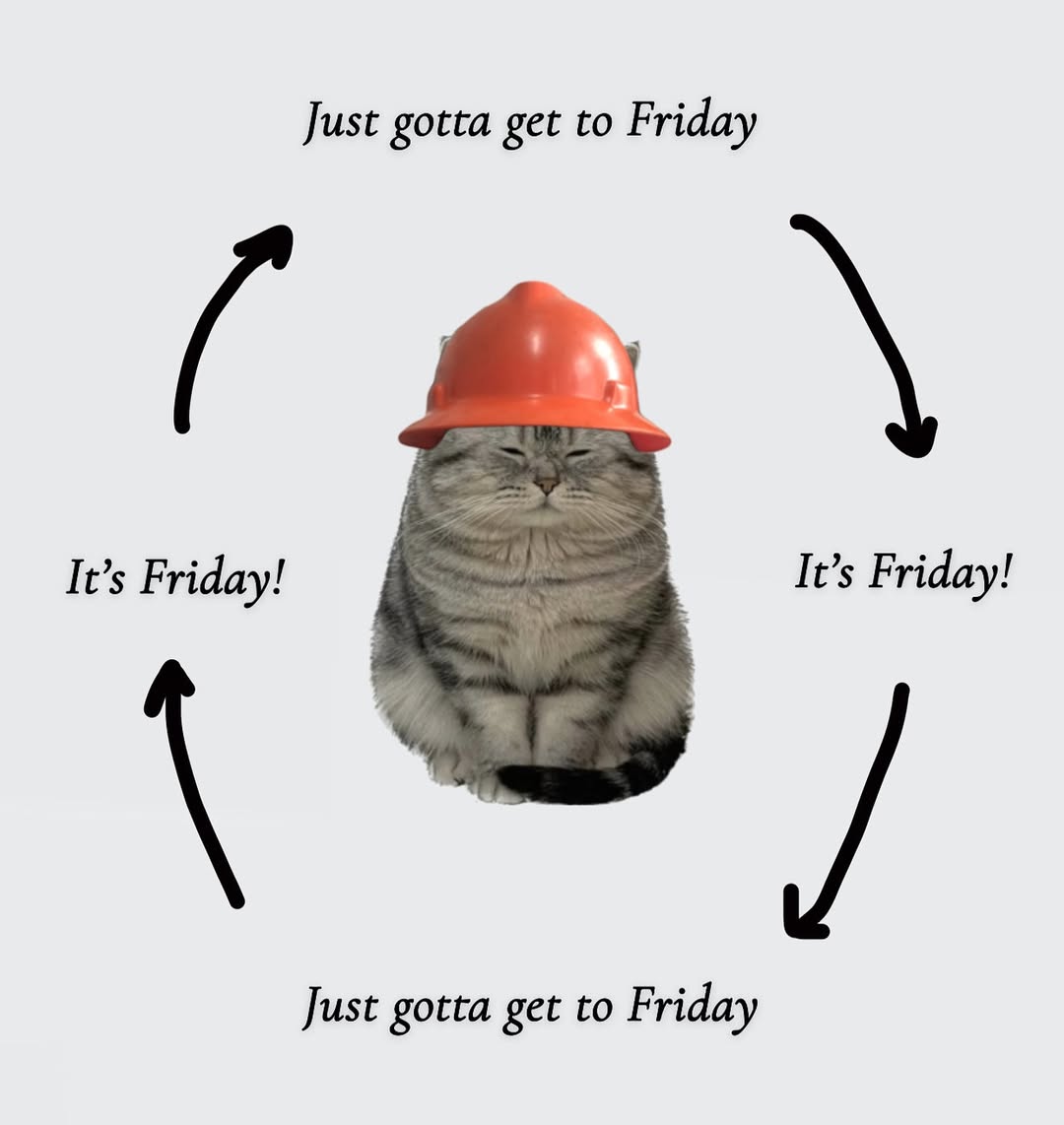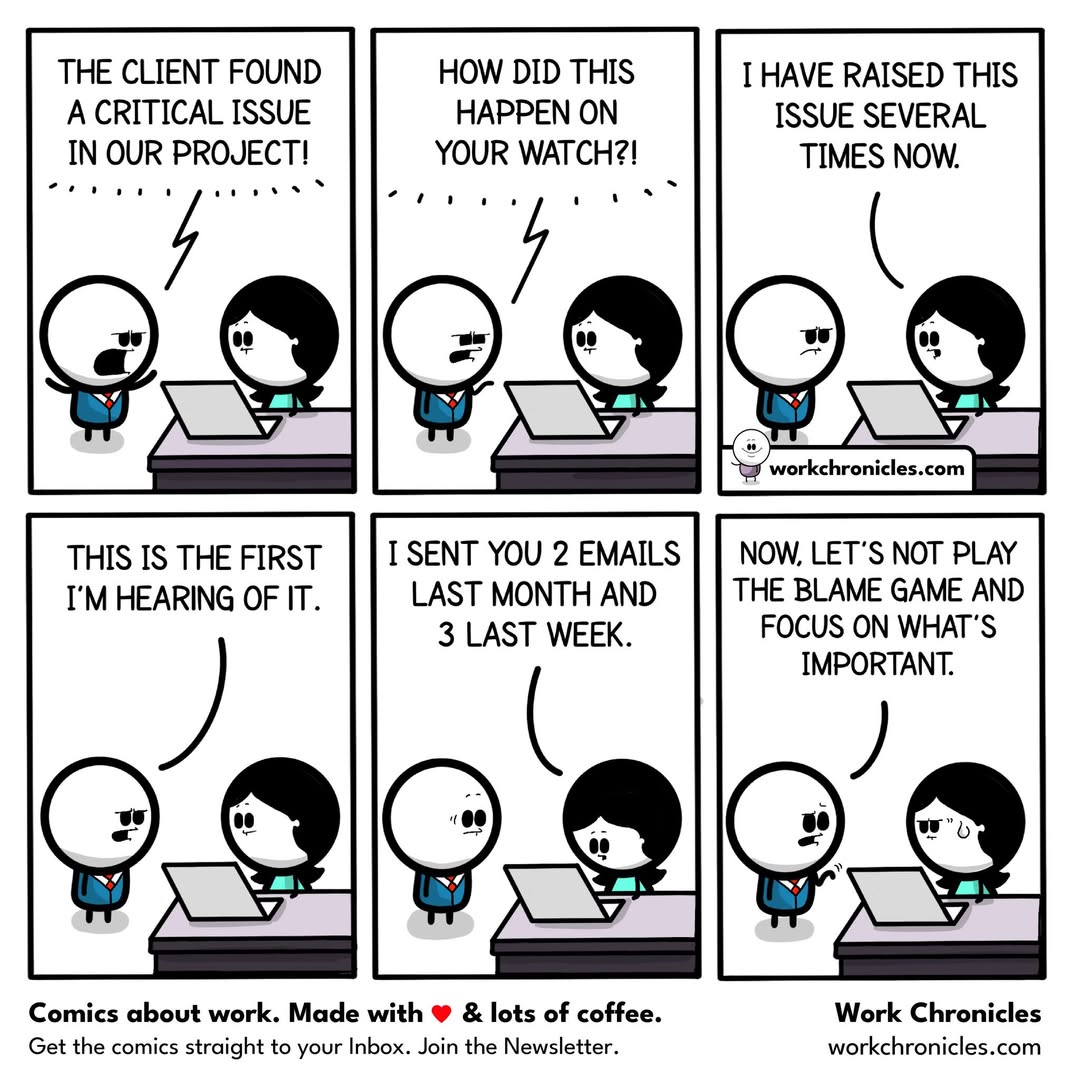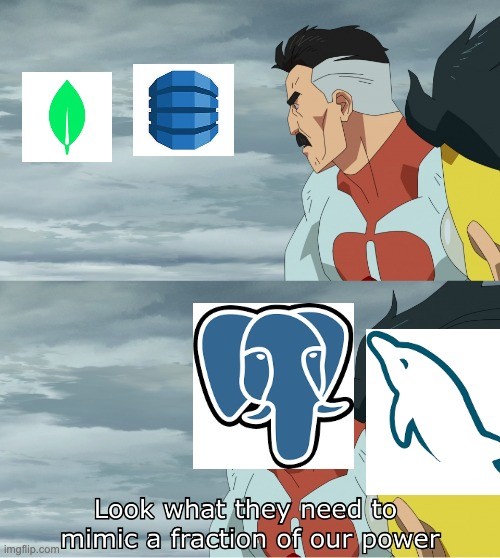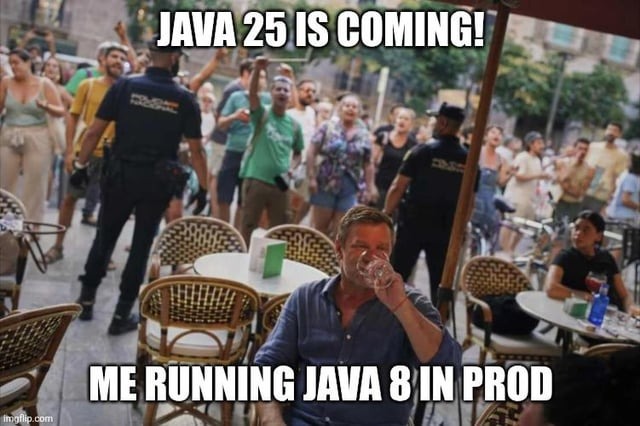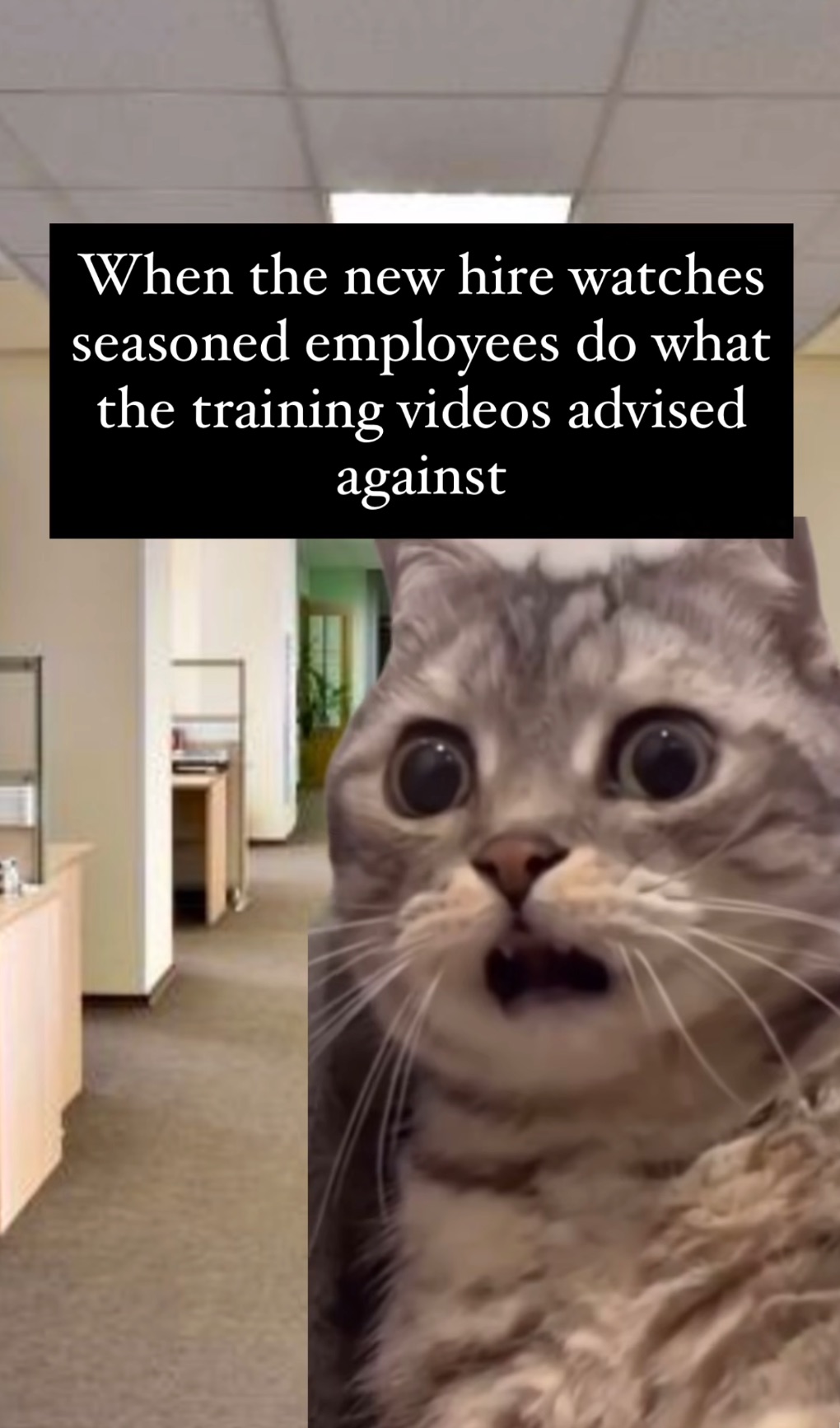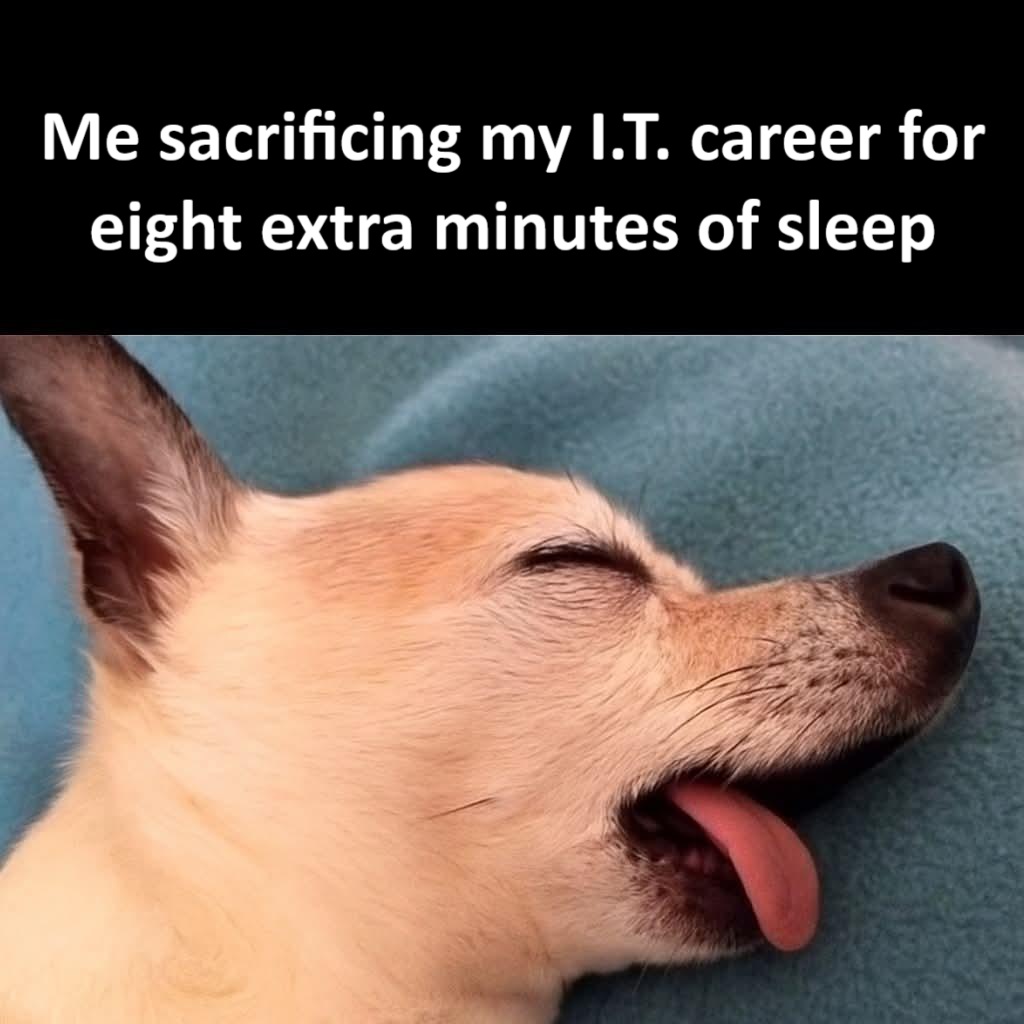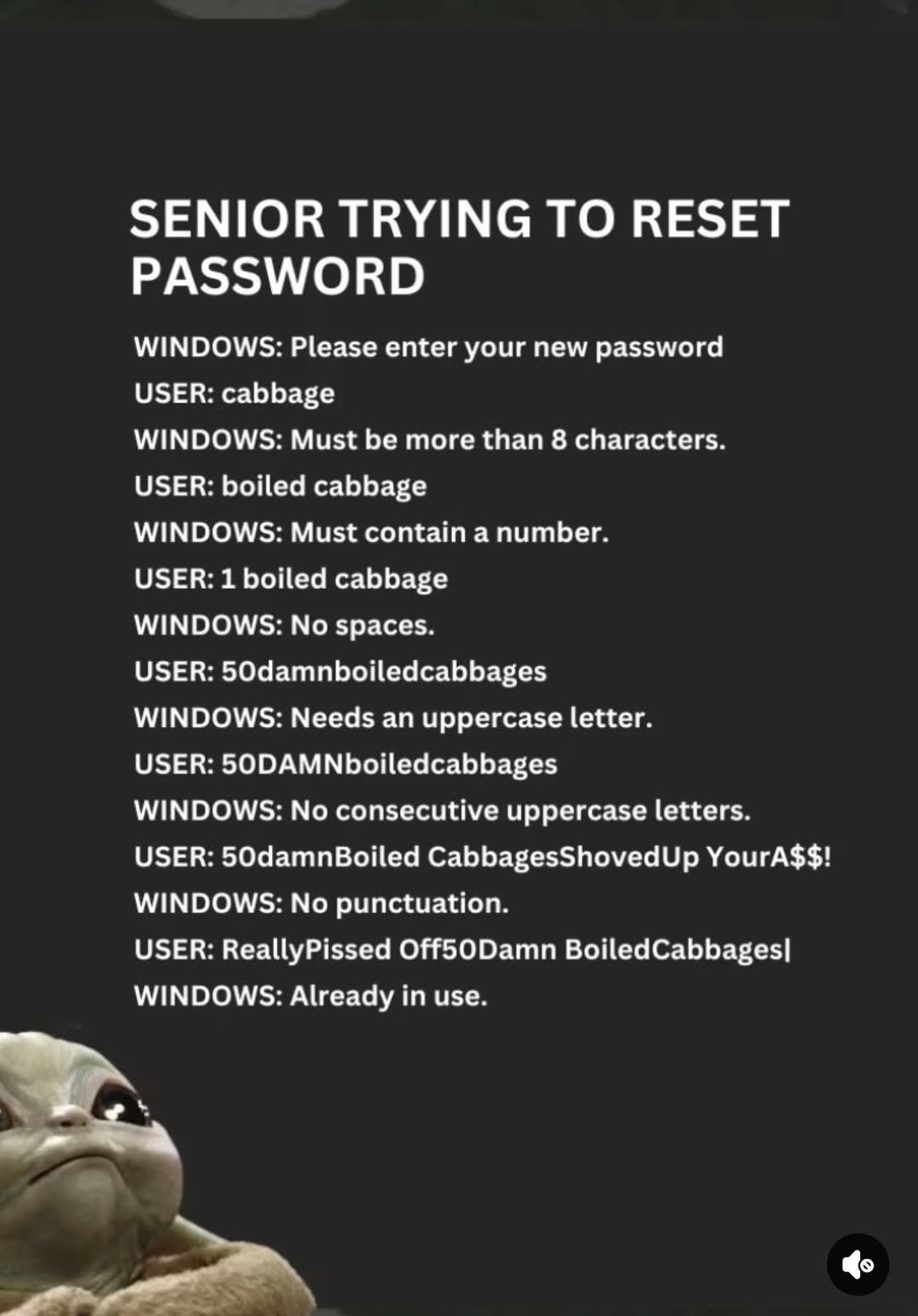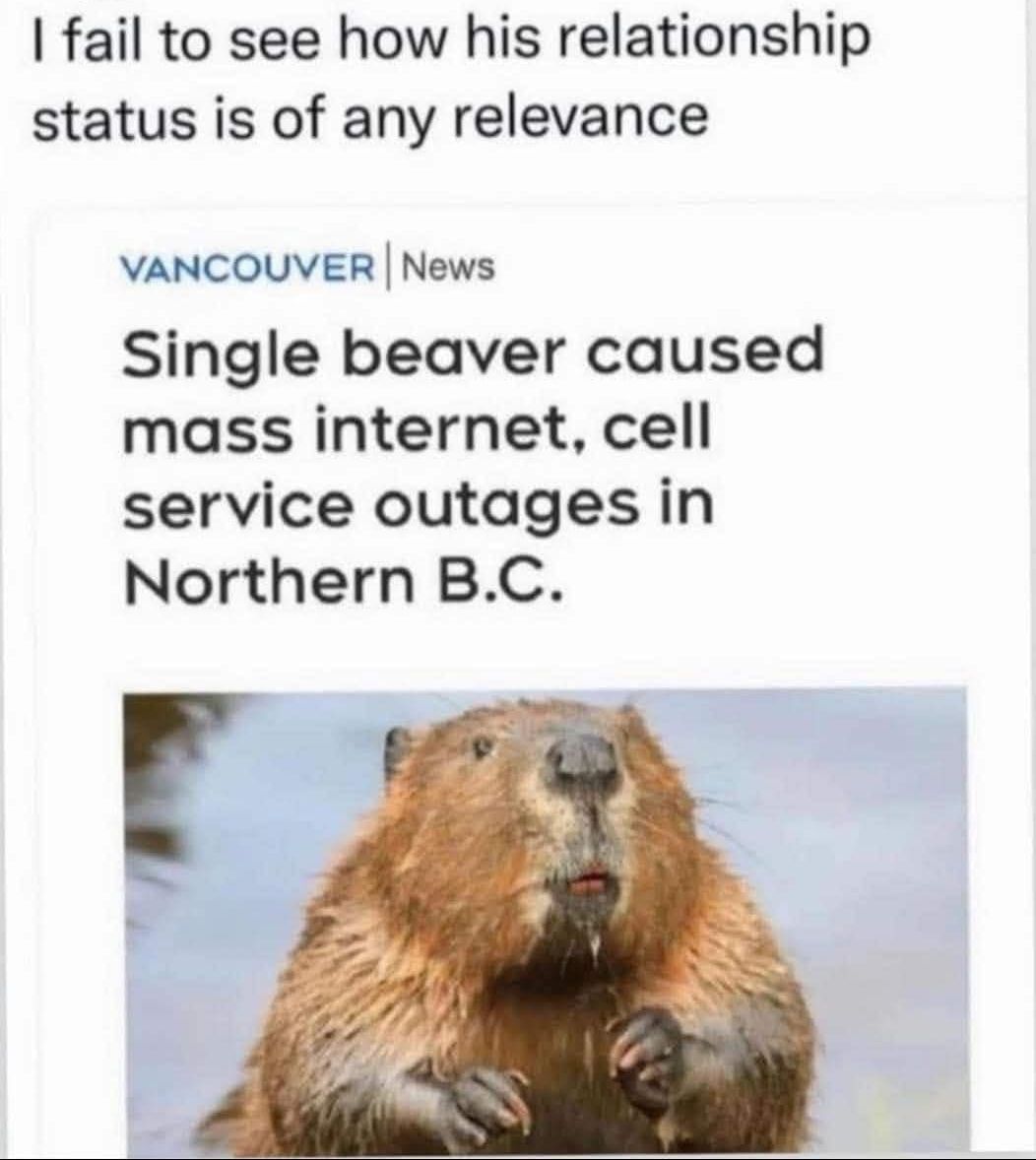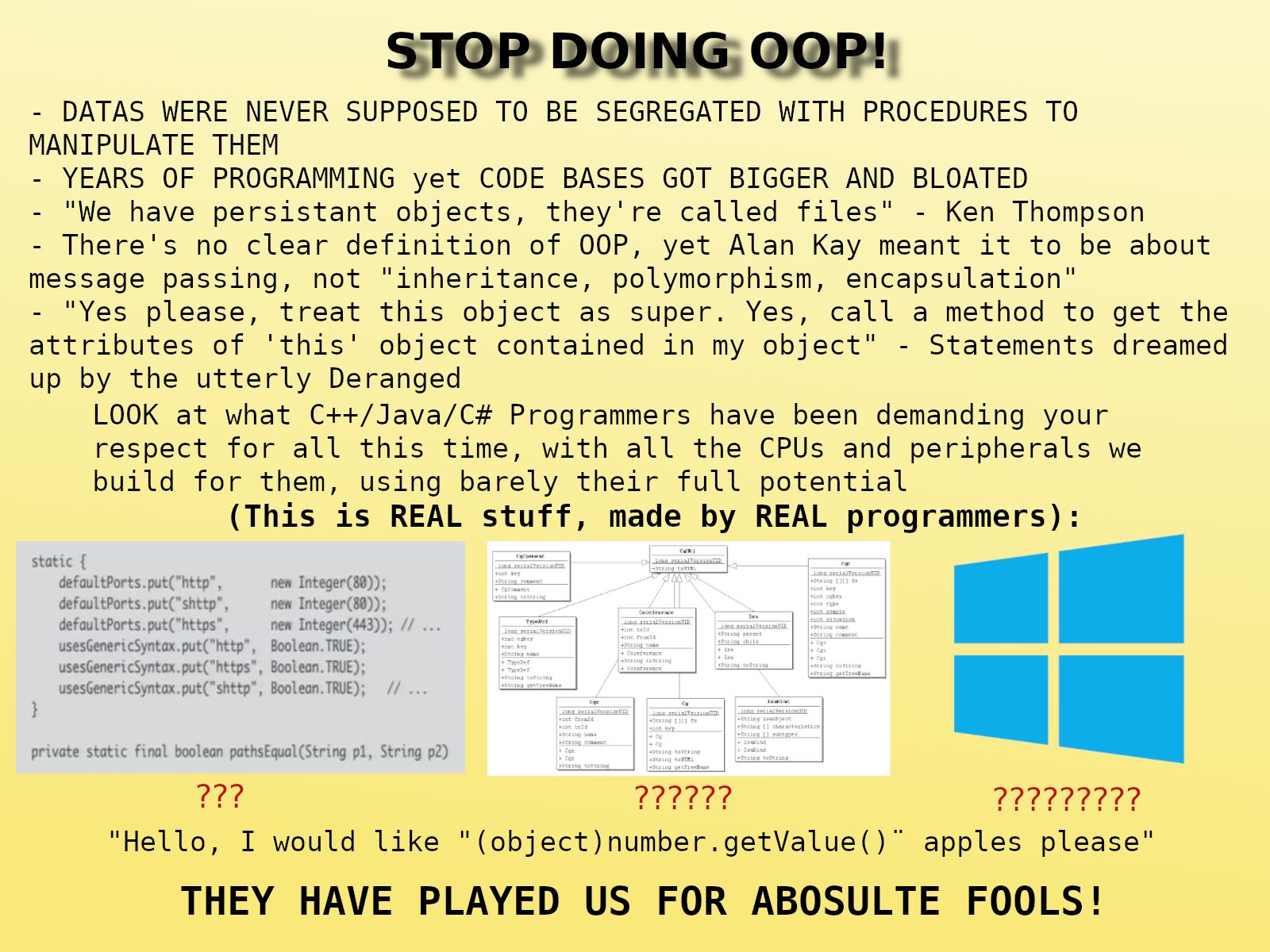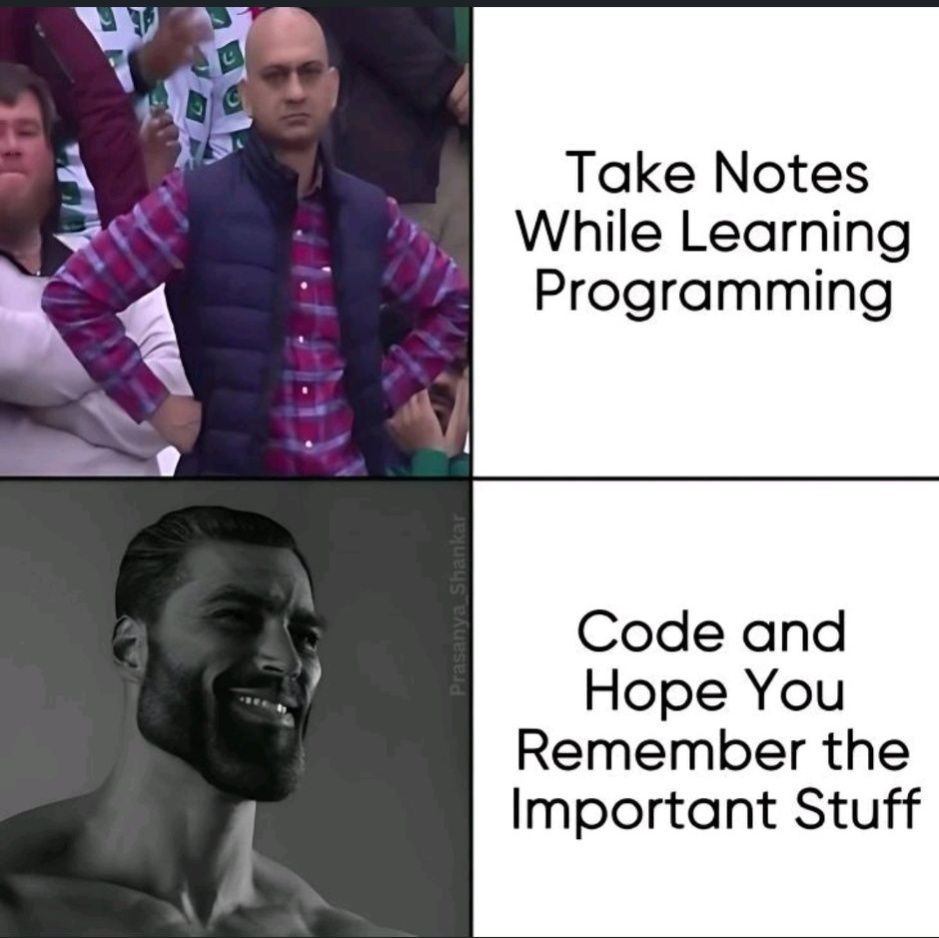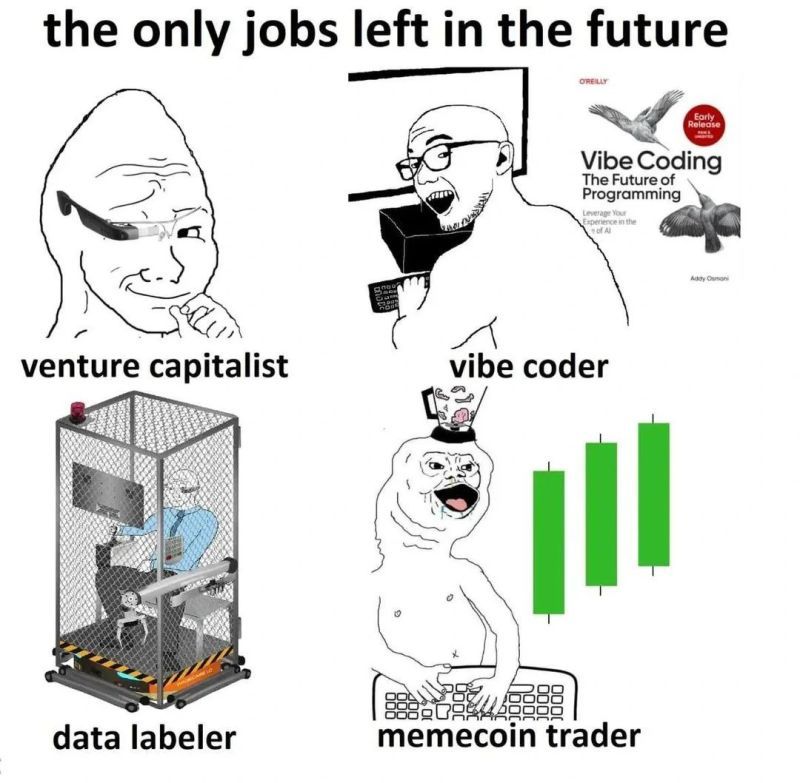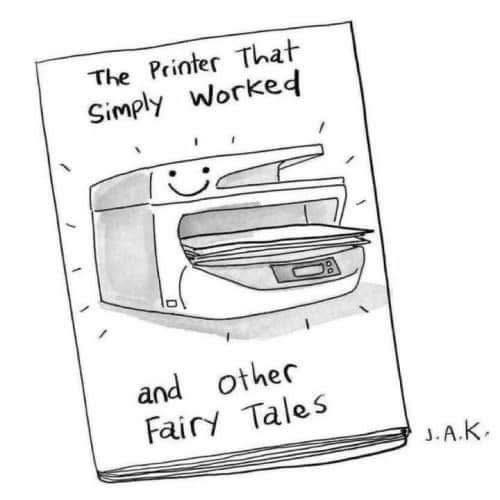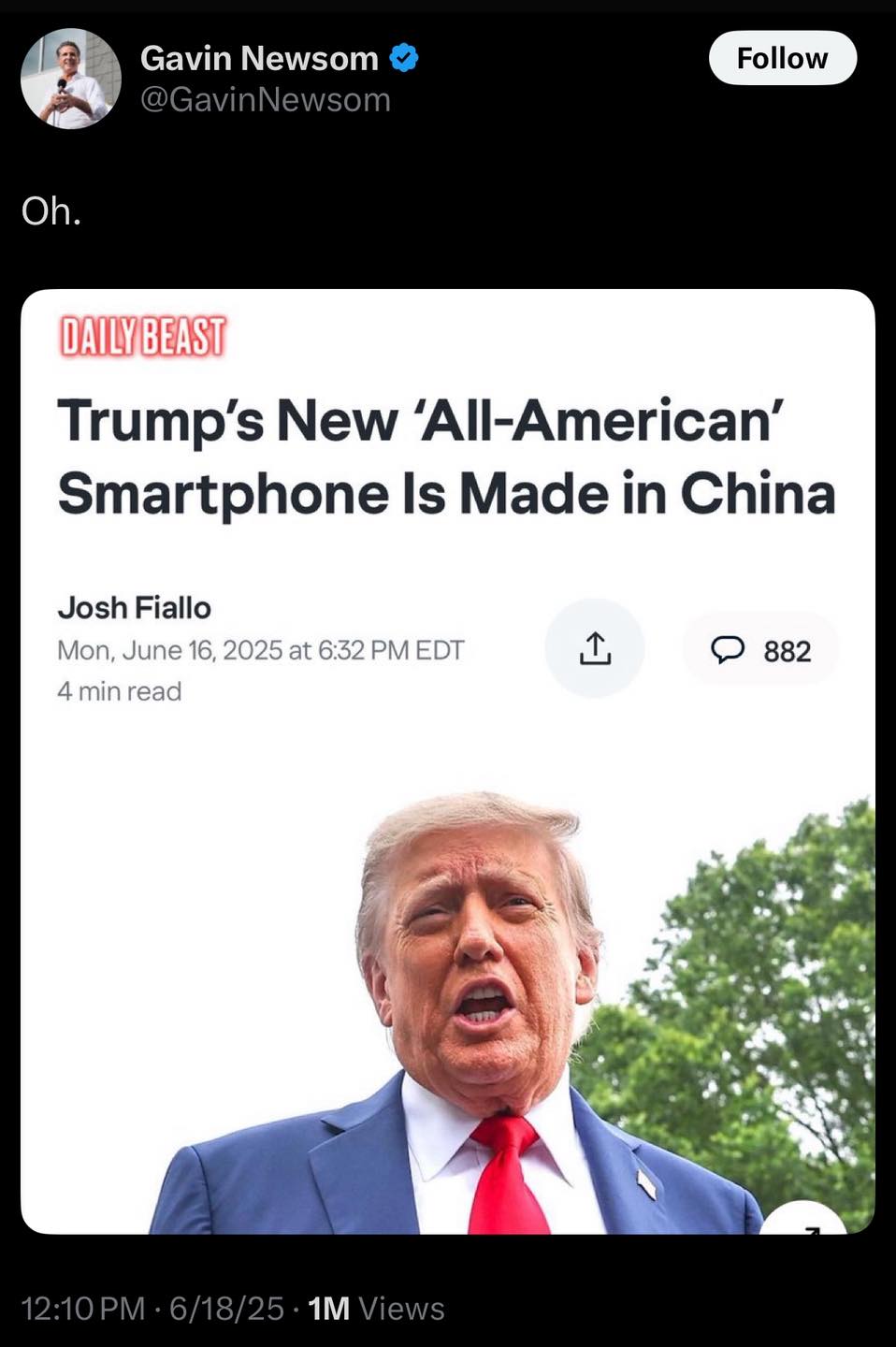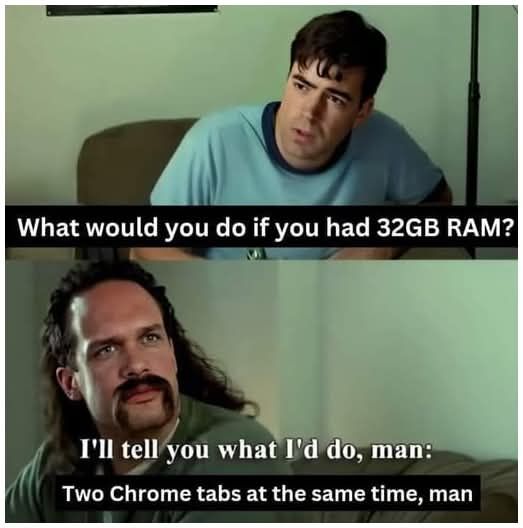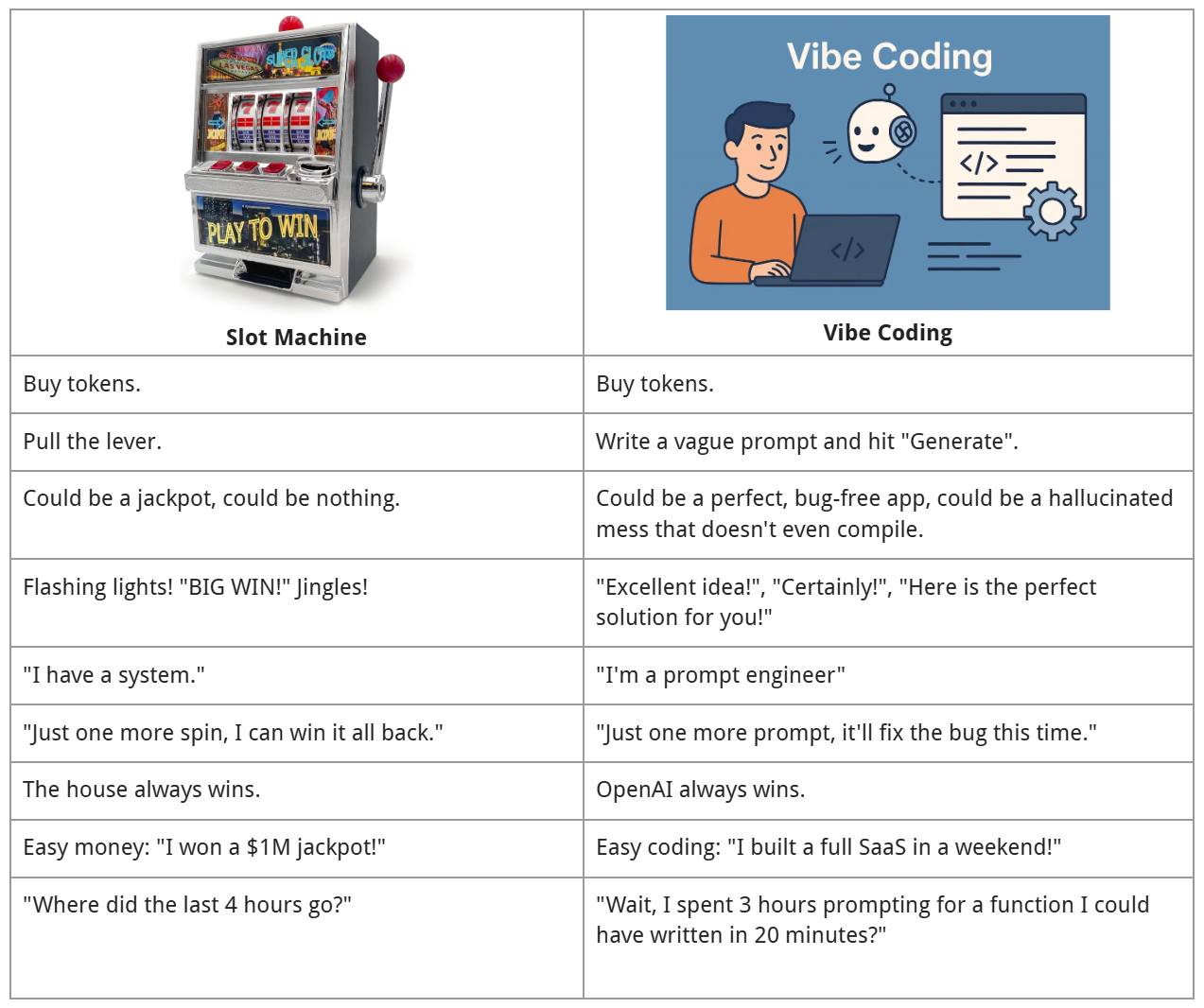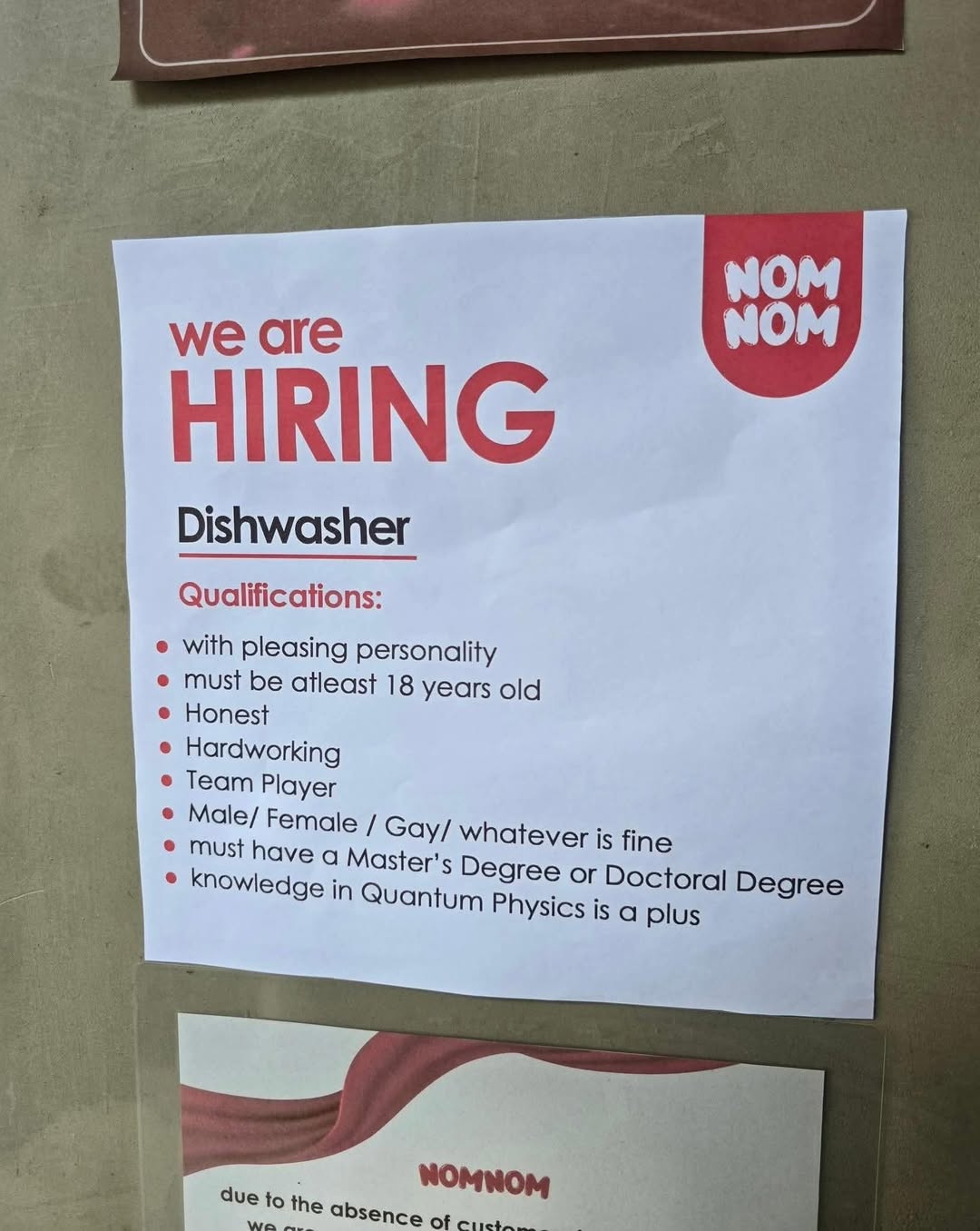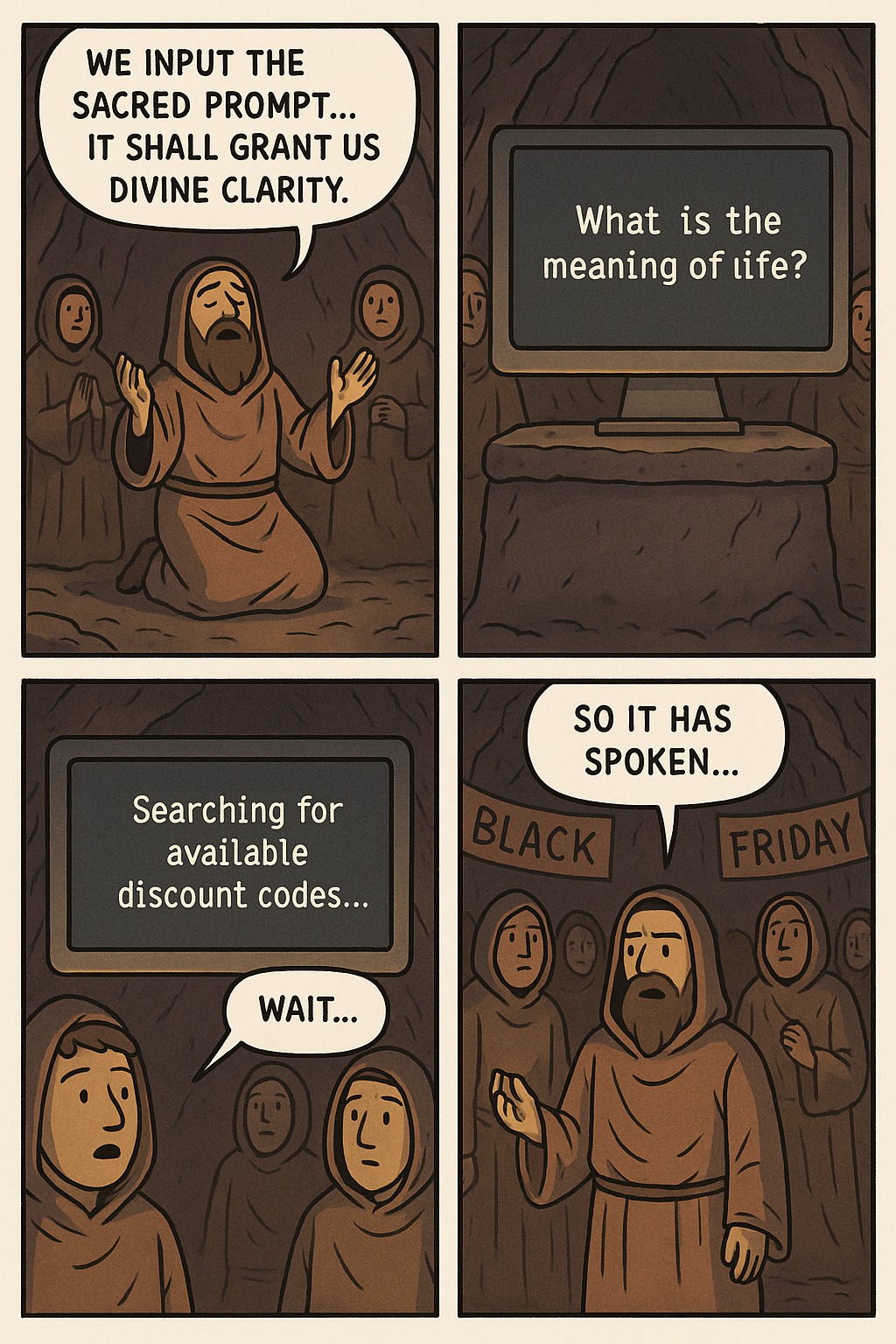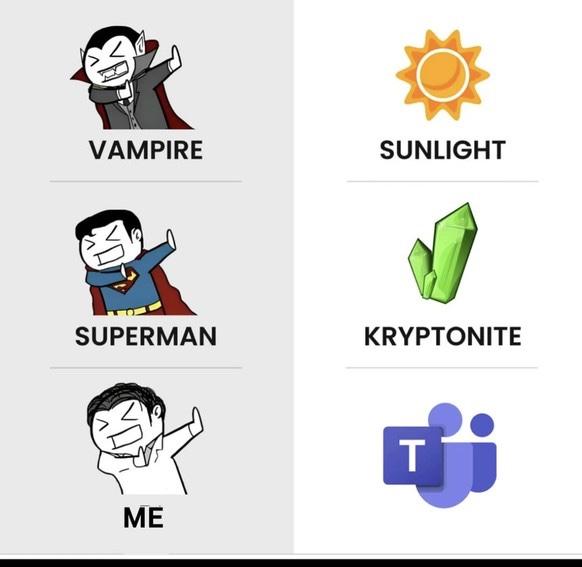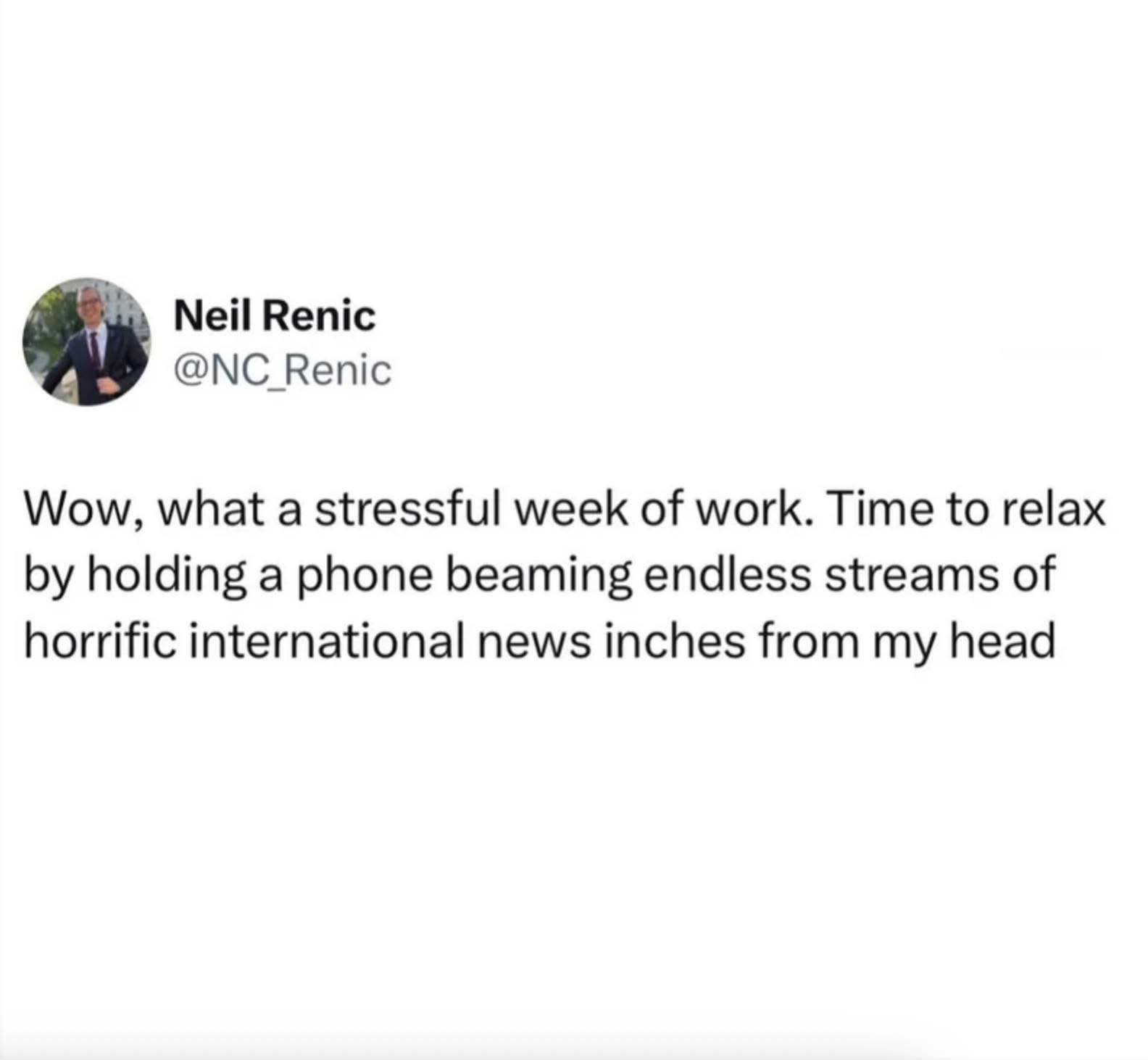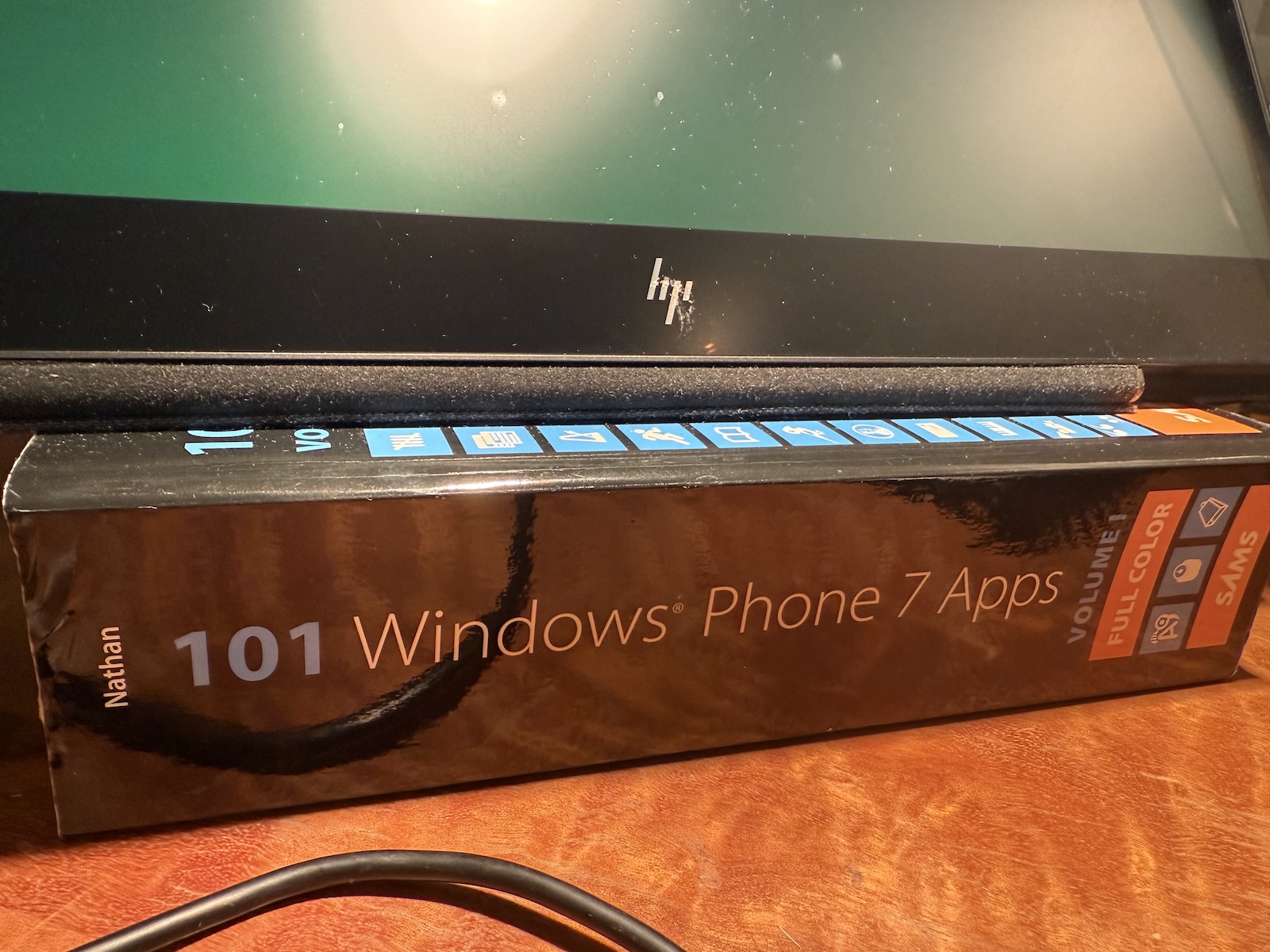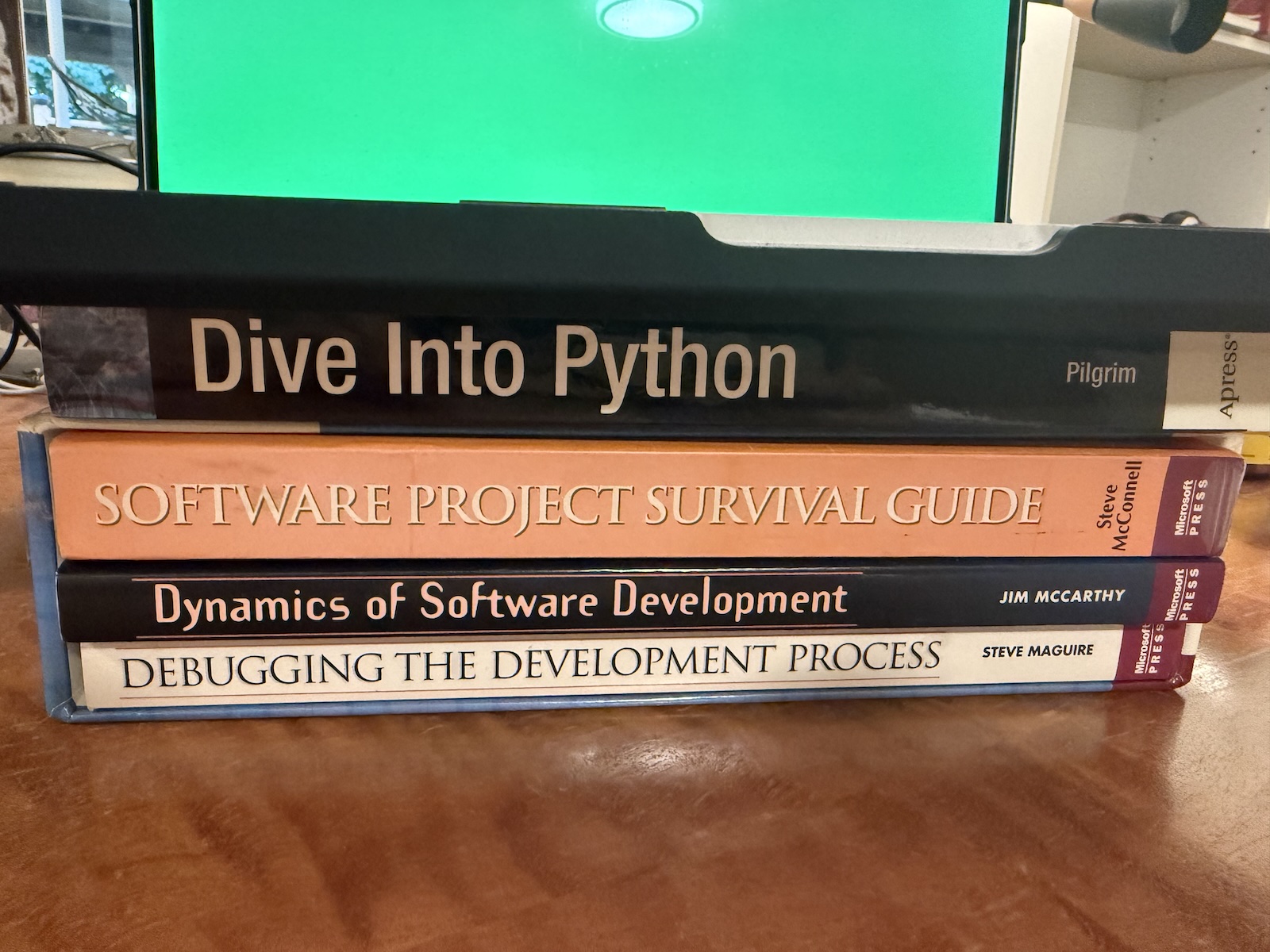
Here’s what’s happening in the thriving tech scene in Tampa Bay and surrounding areas for the week of Monday, July 14 through Sunday, July 20!
This list includes both in-person and online events. Note that each item in the list includes:
✅ When the event will take place
✅ What the event is
✅ Where the event will take place
✅ Who is holding the event

This week’s events
- Monday, July 14
- Tuesday, July 15
- Wednesday, July 16
- Thursday, July 17
- Friday, July 18
- Saturday, July 19
- Sunday, July 20
Monday, July 14
Monday at 6 p.m. at Embarc Collective (Tampa): Suncoast Software Skills Meetup will present Beat the Behavioral Interview, where you’ll learn how to handle questions like “Tell me about a time when you failed” at your next job interview.
Find out more and register here.
Tuesday, July 15
Tuesday at 6 p.m. at the Jimmie B. Keel Library (Tampa): Tampa Bay Microsoft Fabric Analytics User Group (TFAB) is having their monthly meeting.
Find out more and register here.
Wednesday, July 16
Wednesday at 7:00 p.m. at Cigar City Brewing (Tampa): Join. CigarCitySec as they discuss cybersecurity topics of interest in a non-work, non-vendor setting; preferably while drinking. They’re generally in the side room.
Find out more and register here.
Thursday, July 17
Thursday at 6 p.m. at Corner Club (Tampa): Join Tampa Bay Designers and grab some drinks, talk shop, or whatever else comes to mind!
Thursday at 6:30 p.m. at Wild Rover Brewery (Tampa): It’s time for another Lean Beer for All Things Agile on the Tampa side of the bay!
Find out more and register here.
Thursday at 7:00 p.m. at Neon Temple (Tampa): A hands-on workshop introduces participants to the fundamentals of reverse engineering using C++ and x86 assembly—no programming experience required. Attendees will learn how to examine simple C++ programs, generate the corresponding assembly code, and analyze how software behaves at the machine level.
Friday, July 18
Saturday, July 19
Sunday, July 20
| Event name and location | Group | Time |
|---|---|---|
| Woodshop Safety (Members Only) Tampa Hackerspace West |
Tampa Hackerspace | 12:00 PM to 3:00 PM EDT |
| Venice Strategy Board Gamers Venice |
Board Games and Card Games in Sarasota & Bradenton | 12:00 PM to 6:00 PM EDT |
| JULY DOT, CRAK, BAM GATHERING The GoodEarth |
SRQ Mahjong Gathering | 12:30 PM to 4:30 PM EDT |
| Sunday Gaming Tampa Bay Bridge Center |
Tampa Gaming Guild | 1:00 PM to 11:00 PM EDT |
| Sunday Chess at Wholefoods in Midtown, Tampa Whole Foods Market |
Chess Republic | 2:00 PM to 5:00 PM EDT |
| Monty Python and the Holy Grail@Tampa Theatre Tampa Theatre |
The Tampa Bay Movie Fans Meetup Group | 3:00 PM to 5:00 PM EDT |
| Sew Awesome! (Textile Arts & Crafts) Tampa Hackerspace West |
Tampa Hackerspace | 5:30 PM to 8:30 PM EDT |
| Experience the “I did it!” Easy Japanese short lesson for beginners! Online |
Learn Japanese From Scratch – Saint Petersburg | 6:30 PM to 7:30 PM EDT |
| Return to the top of the list | ||

About this list
How do I put this list together?
It’s largely automated. I have a collection of Python scripts in a Jupyter Notebook that scrapes Meetup and Eventbrite for events in categories that I consider to be “tech,” “entrepreneur,” and “nerd.” The result is a checklist that I review. I make judgment calls and uncheck any items that I don’t think fit on this list.
In addition to events that my scripts find, I also manually add events when their organizers contact me with their details.
What goes into this list?
I prefer to cast a wide net, so the list includes events that would be of interest to techies, nerds, and entrepreneurs. It includes (but isn’t limited to) events that fall under any of these categories:
-
- Programming, DevOps, systems administration, and testing
- Tech project management / agile processes
- Video, board, and role-playing games
- Book, philosophy, and discussion clubs
- Tech, business, and entrepreneur networking events
- Toastmasters and other events related to improving your presentation and public speaking skills, because nerds really need to up their presentation game
- Sci-fi, fantasy, and other genre fandoms
- Self-improvement, especially of the sort that appeals to techies
- Anything I deem geeky
